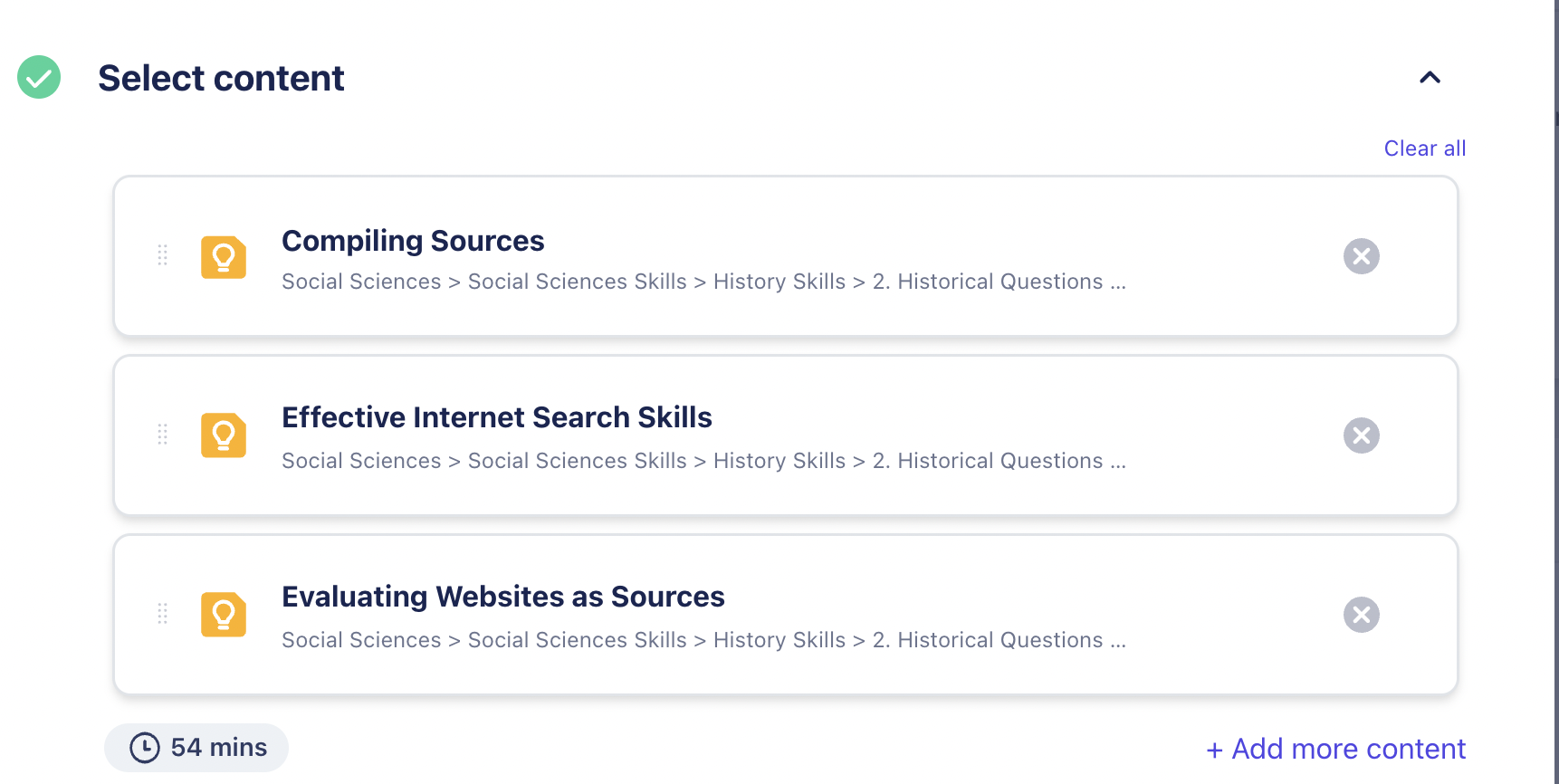7C1 Global Studies
Section outline
-
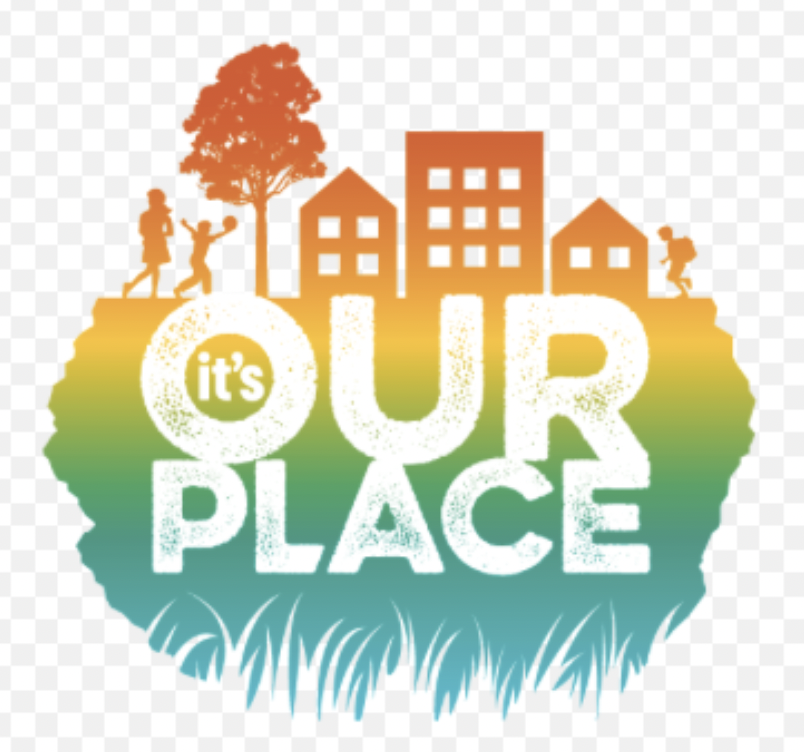
Kia ora. Welcome to Year 7 Global Studies course page.
This term we will be exploring the location and history of our school and figure out what “Our Place” means for us. We will also trace back the history of Aotearoa and immigration stories of early settlers and newcomers. Our learning will be strengthened by a field trip. I am looking forward to working with all of you and embarking on our GREAT learning journey!
Regards
Mrs Gao
-
Achievement Objectives
Level 3
Understand how cultural practices vary but reflect similar purposes
Understand how the movement of people affects cultural diversity and interaction in New Zealand
Level 4
Understand how people pass on and sustain culture and heritage for different reasons and that this has consequences to people
Learning Intentions: We are learning to (WALT)...
Describe what are cultural identities
Discuss why cultural identities are important to people .
Success Criteria: I can
List ways to identify a person as belonging to a certain cultural group
Explain why Chinese people celebrate Chinese New Year in New Zealand
Activities:
Watch a Chinese New Year celebration video on . List the rituals of celebrating Chinese New Year.
In groups, discuss the reasons why Chinese people celebrate Chinese New Year in New Zealand? Use Postit notes to put all the ideas into categories and then summarise the main reasons.
How can you tell a person’s cultural identity? Brainstorm different ways to identify a person’s culture.
Follow Up Tasks:
Activity on Google Classroom
Write a Pepeha in different languages.
-

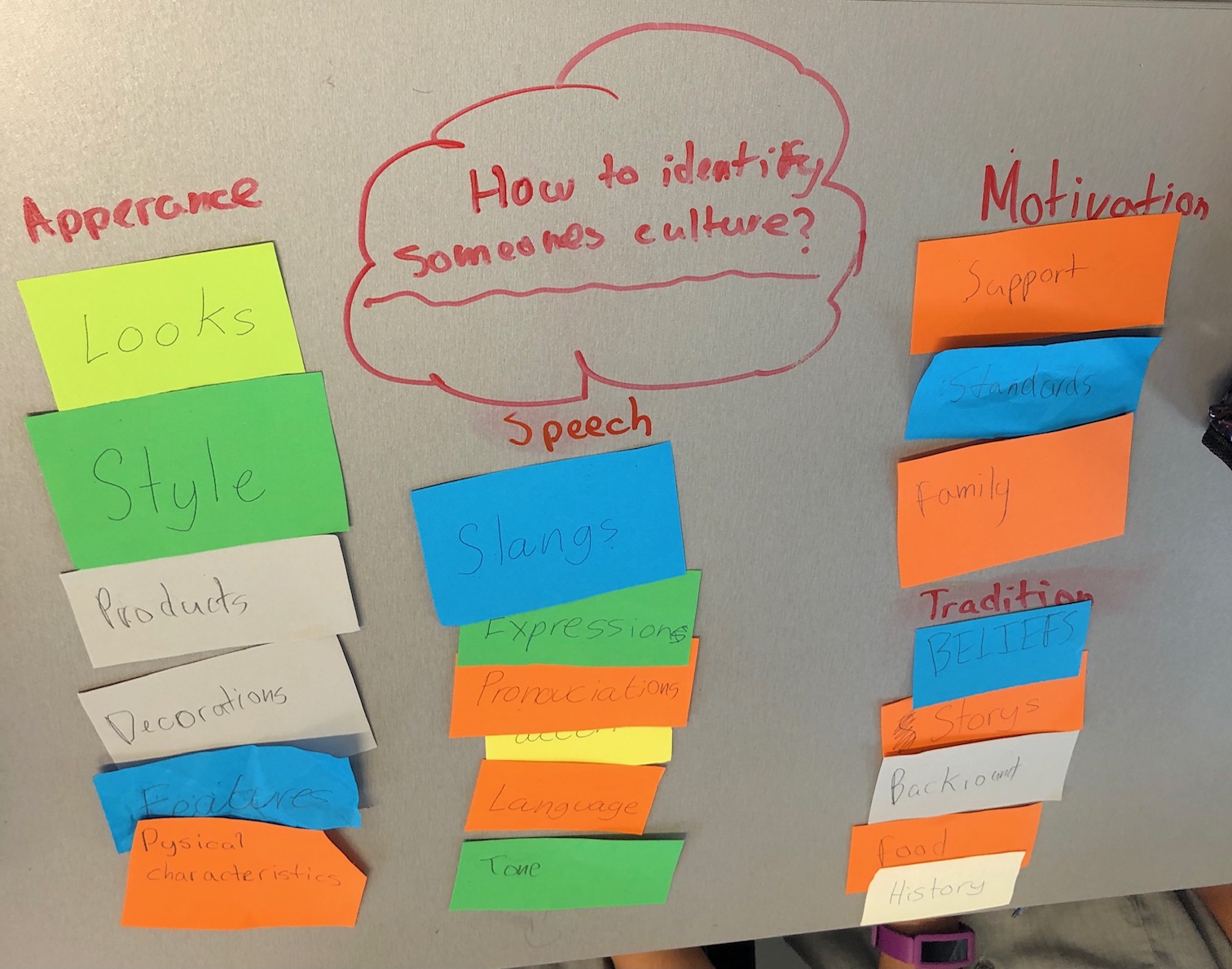
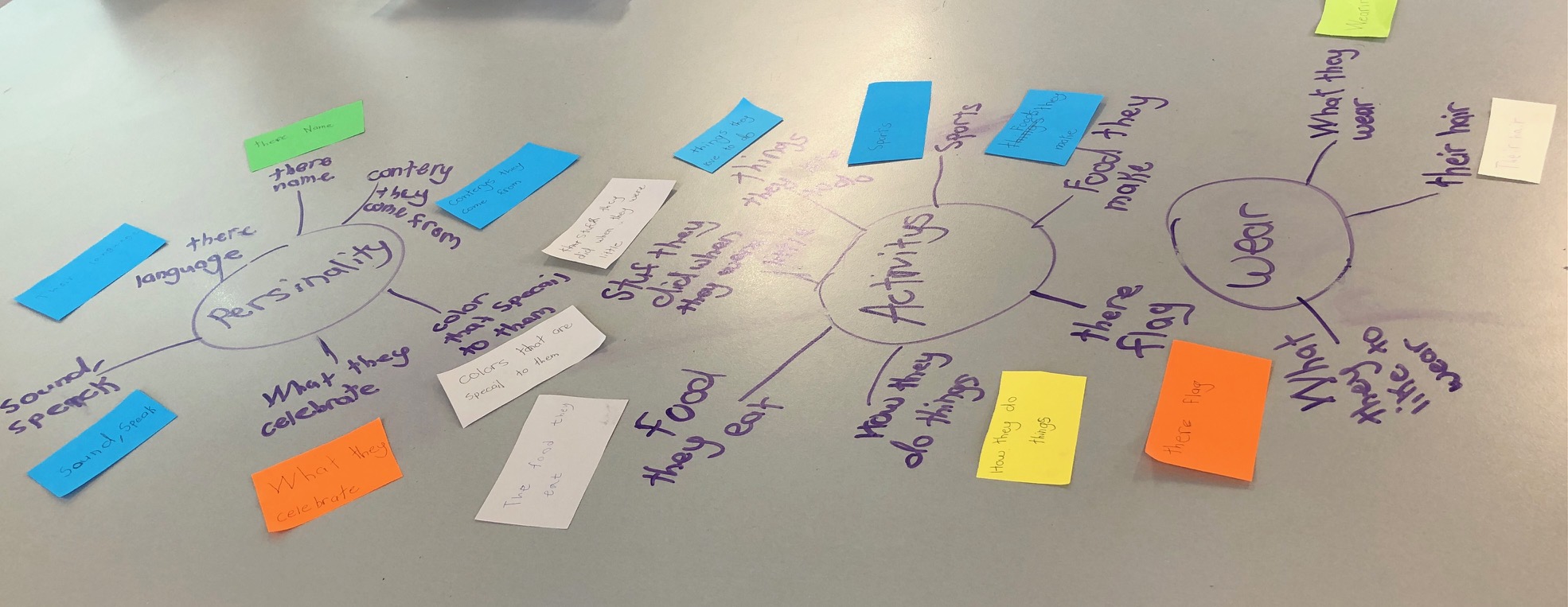
Learning Intentions: We are learning to (WALT)...
Describe what are cultural identities
Discuss why cultural identities are important to people .
Success Criteria: I can
List ways to identify a person as belonging to a certain cultural group
Explain why Chinese people celebrate Chinese New Year in New Zealand
Activities:
How can you tell a person’s cultural identity? Brainstorm different ways to identify a person’s culture. In groups, write down all your ideas on post- it notes,
Sort out your ideas into different categories, make sure the name of the category represents the ideas in that category.
Summarise your findings and present your ideas to the class.
-
EXPLORE / TŪHURA learning intentions:
- We are EXPLORING... the Treaty of Waitaingi
- We are EXPLORING...my immigration story, understanding who we are and where we came from

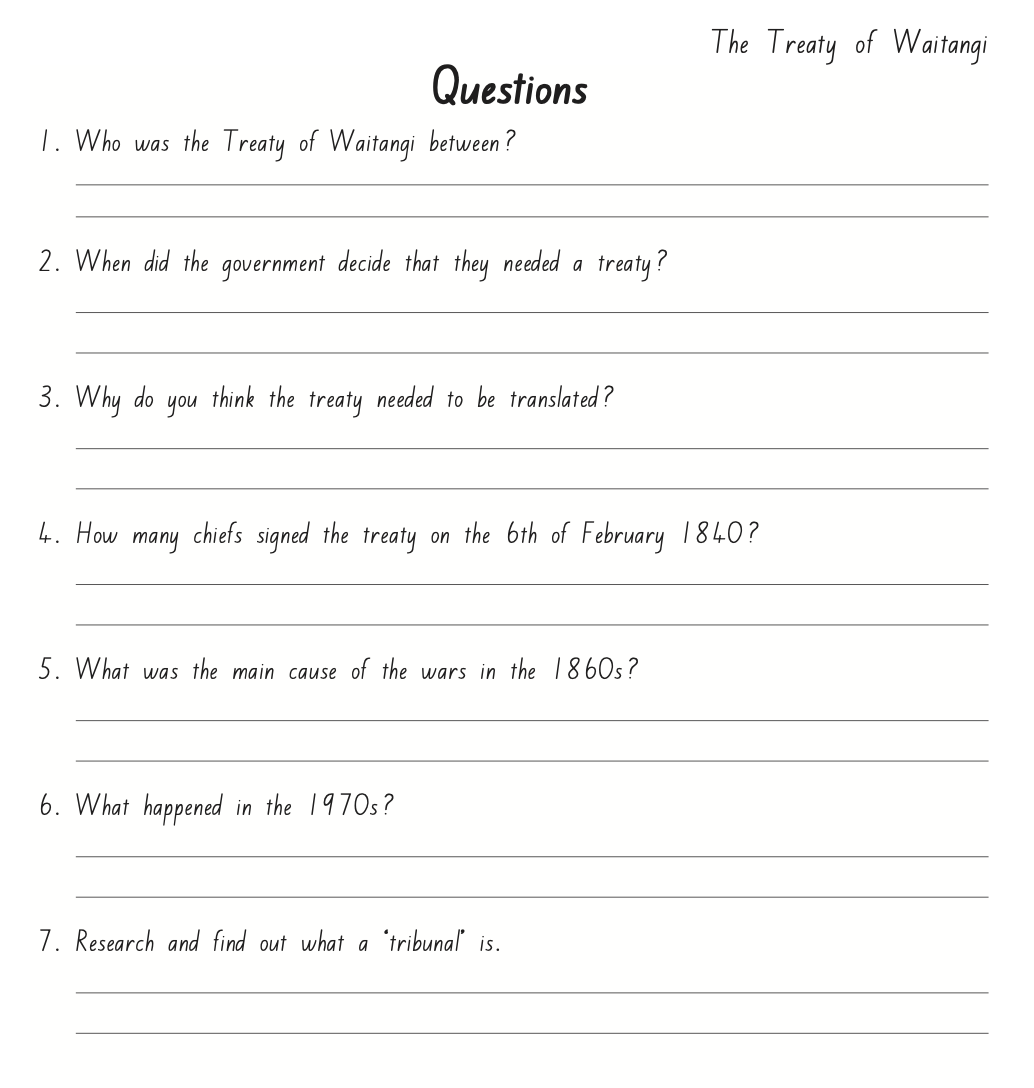
During this week we will also be completing our pepeha to share in class, so that we all get to know each other and learn more about our cultures.
Pepeha is a way of introducing yourself in Māori. It tells a story of the places and people you are connected to.
WALT:
Make connections and share information about our cultures, so that we get to know and understand each other.This is to help build relations and help us connect better with each other.
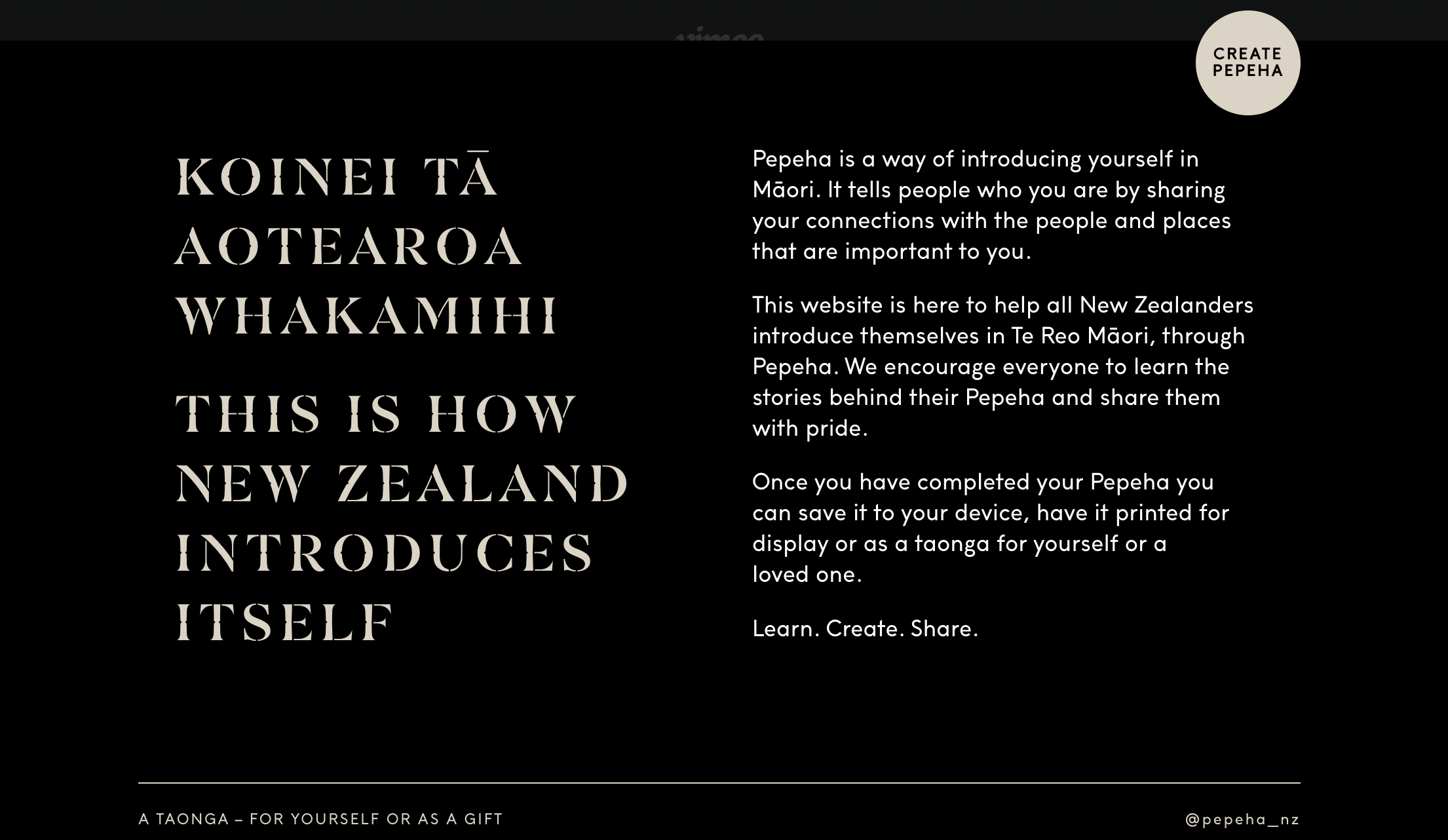
I can...
- Understand our learning context by making links to ourselves/ friends and community
- Understand my immigration story and pepeha by creating a visual that describes me
- Using the link provided, complete your pepeha: https://pepeha.nz/
- Take some time to practise your pepeha and read it to Mrs Gao
- Say your pepeha to your buddy.
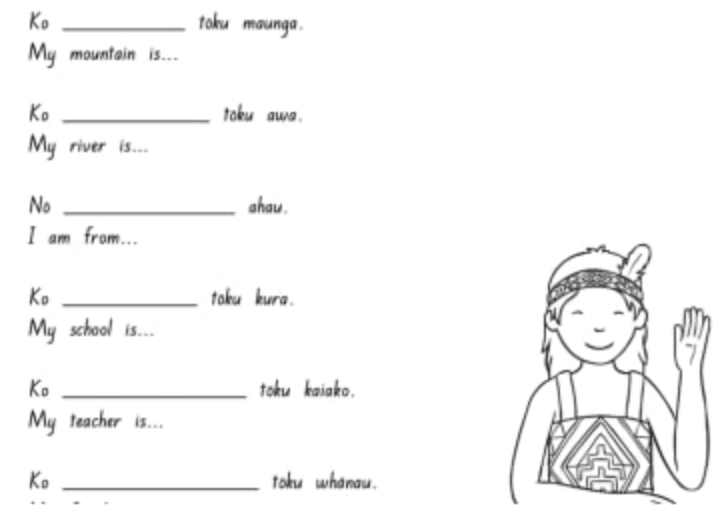
- In your groups, brainstorm our learning context, Our Place and come up with ideas that link with us and our community eg: We are all in this together as it is our first few weeks back at school after a long lockdown and the school holidays. Discuss your excitement/ fears/ expectations and the values we share!
- Write down your most important values and skills.Let us also examine the meaning of key words like respect/ religion/ culture/ traditions/ heritage/ immigration/ changes and adaptation.
- Reflect on your immigration story . Did you or you parents immigrate from another country? Why did you leave? What re the various values and practices of of culture you were exposed too from your birth country or parents birth country? Is it different or similar to the values of living in New Zealand.
- Think of all the values you consider as an import part of who you are are that has been shown and taught to you by your family, community and school. Using the information draw a plan of the different symbols, images, colours, flags, that make up your unique identity. Complete this on a new page in your Global Studies book or digitally.
- Think of a way you would like to showcase your cultural identity . For example, design a digital pepeha from your culture that shows your cultural side compared to your Kiwiana side, or perhaps it is an integration of both your culture and new adopted Kiwi culture embodied as one. You could share both sides of your culture or one side. It's up to you! :)
- This can be created in various ways e.g.: The face mask or a bandana, flags, music instruments, cultural food, important traditional clothing, religious symbols, clothes, phrases, dance form, values: respect, compassion, care, support and understanding. However, I will allow you to express your cultural identity using any model or visual you like.
- Once you have completed this, share your pepeha with the class.
Resources:Mihi - introductions, Māori ki Te Whare Wānanga o Ōtākou ...
Thursday: Skills
EXPLORE / TŪHURA learning intentions:
- We are EXPLORING our Mapping skills.
- We are EXPLORING the use of compass directions.
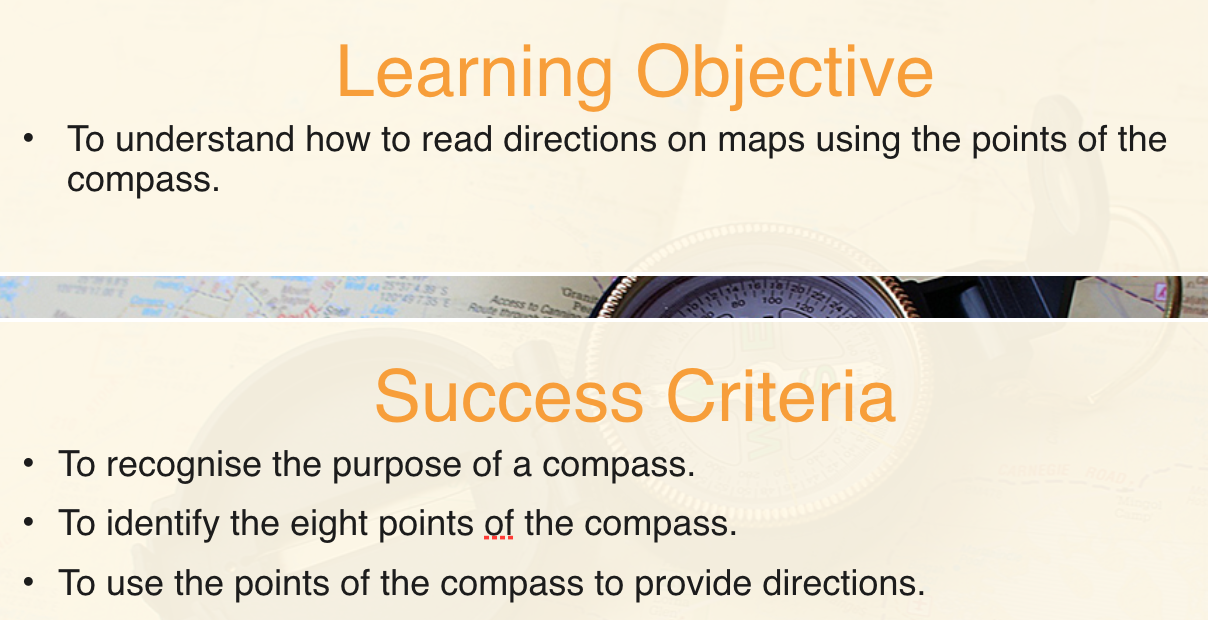
Activities:
Starting on a new page in your books, write down the heading Mapping Skills and Direction.Copy the Learning Objective and Success Criteria.
Next answer the questions from the slide below in your Global Studies book.

For your information,

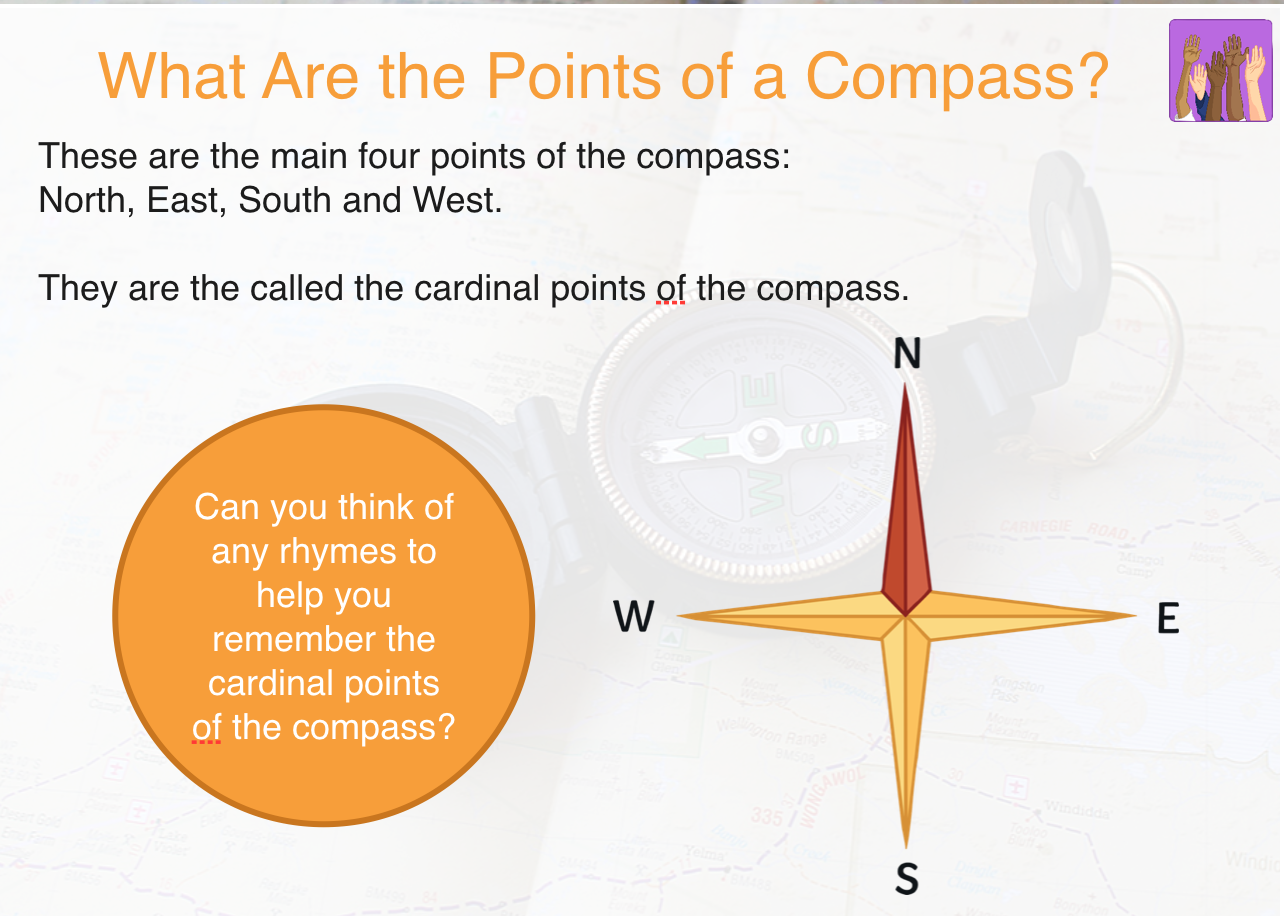
Copy the compass points image below in your book and label the compass points.
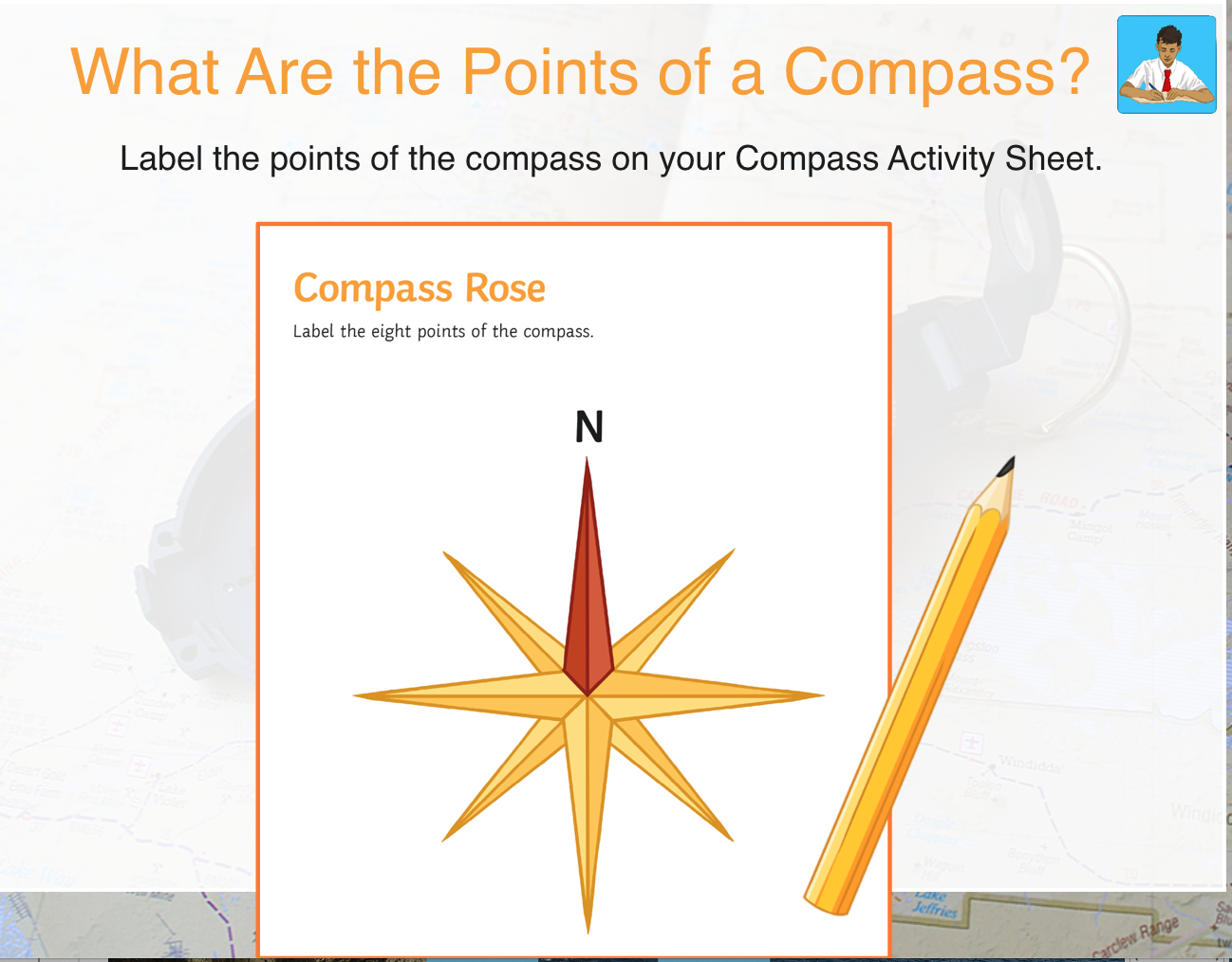
Activities: Quiz
-
EXPLORE / TŪHURA learning intentions:
- We are EXPLORING Our Place by making connections to the history of MHJC.
- We are EXPLORING by researching information about Sir William Manchester and his connection to MHJC

MHJC opened in 2009 on a site that had been bought from Sir William Manchester who is acknowledged in the Meeting Place next to the library.

Originally the land belonged to Ngai Tai ki Tamaki and we are fortunate to have strong links with the iwi and our whakapapa is acknowledged through the school haka.
We are fortunate to have a modern buildings and equipment as well as a link with the past by acting as custodians of Tāne forest next to the college.
Our vision is to “grow greatness through innovative, constantly evolving personalised learning”
We value:
Pono/integrity which relates to how we manage ourselves – we encourage students to be reliable, responsible and trustworthy;
Awhinatanga/compassion or how we relate to others – we encourage students to be kind, compassionate and celebrate our unique cultural identities;
Whakamana/empowerment through learning – which includes prioritising how we learn using the Great Ako learning model, being digitally capable and responsible, and developing creativity and problem solving skills.
Our mission
At Mission Heights Junior College we recognise that every child is a valued and valuable individual and that within each child is a unique “grain of greatness” which it is our mission to grow.
A feature of our school is our intent to present learning in engaging, relevant and authentic contexts. We are keen to involve the community and real community issues in school life. Our school has also been designed and constructed to an “environmentally sustainable design” and caring for our environment is a key aspect of our school culture.

Success Criteria: I can/have...
- Share 3 interesting facts about MHJC.
- Take notes and share 3 interesting facts about Sir William Manchester
Friday: Our skills session and Weekly Quiz
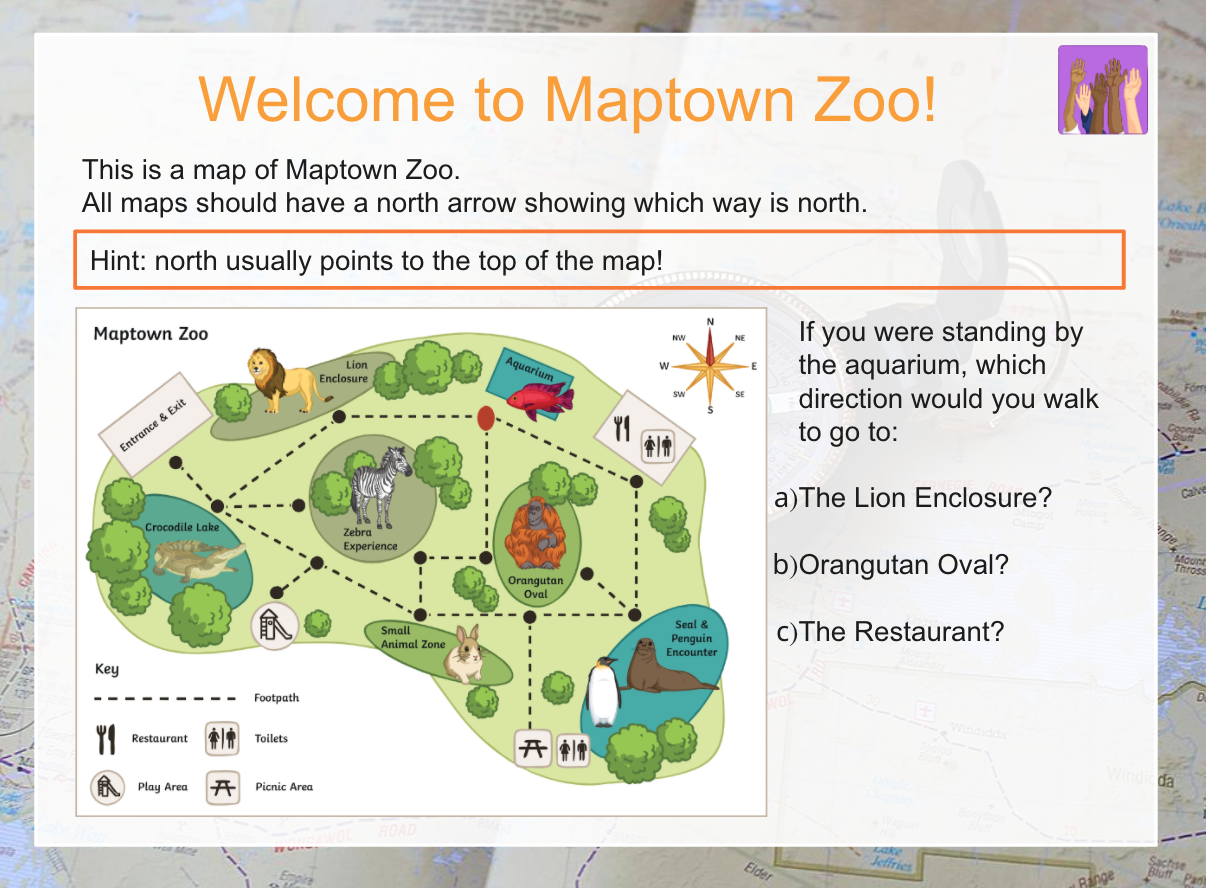

Activities:
- Visit the Meeting Place, next to the library to gain a better understanding of Sir William Manchester and his life.
- Complete the mapping activities.
-
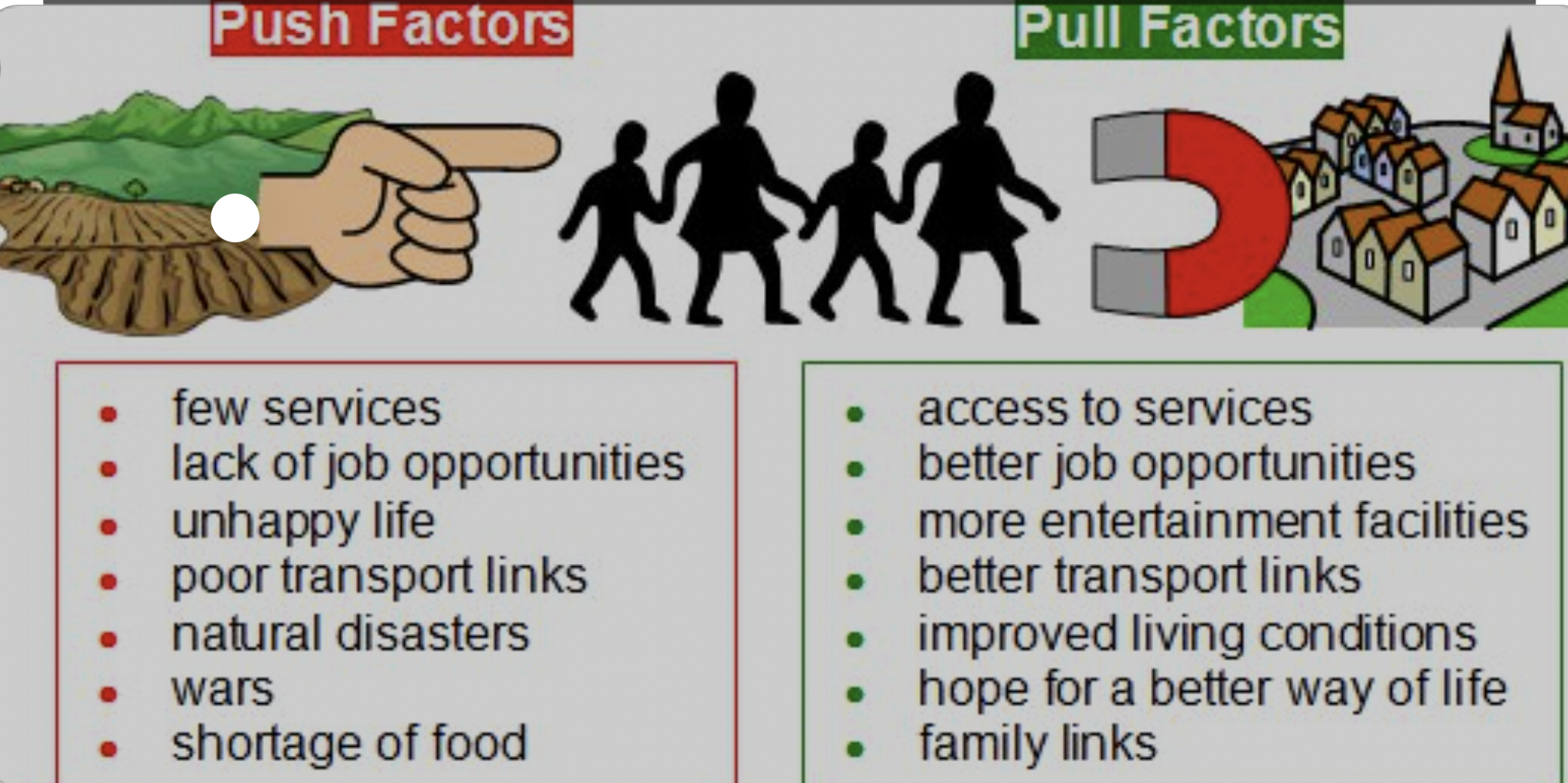
Learning Intentions:
To identify the possible reasons for why our family has left their country of birth.
To research what is immigration and the reasons why people immigrate to New Zealand.
Success Criteria: I can
Explain the key concepts of immigration in my own words.
Give examples of why people immigrate into New Zealand.
Activities
Watch the attached video and give examples of pull and push factors for immigration and emigration.
Use your own family’s immigration story and identify the factors which drove them to make the decision to come to New Zealand. Use a graphic organiser, such as a fishbone diagram to record your ideas.
Search for the meaning of “immigration”, “immigrant”, “emigrant” and explain them in your own words. Write your explanation in your Global Studies book.
Select three significant cultural events and discuss with your peers how those events impact on you, your family and the wider community.

5. Quiz
6. Mapping skills.
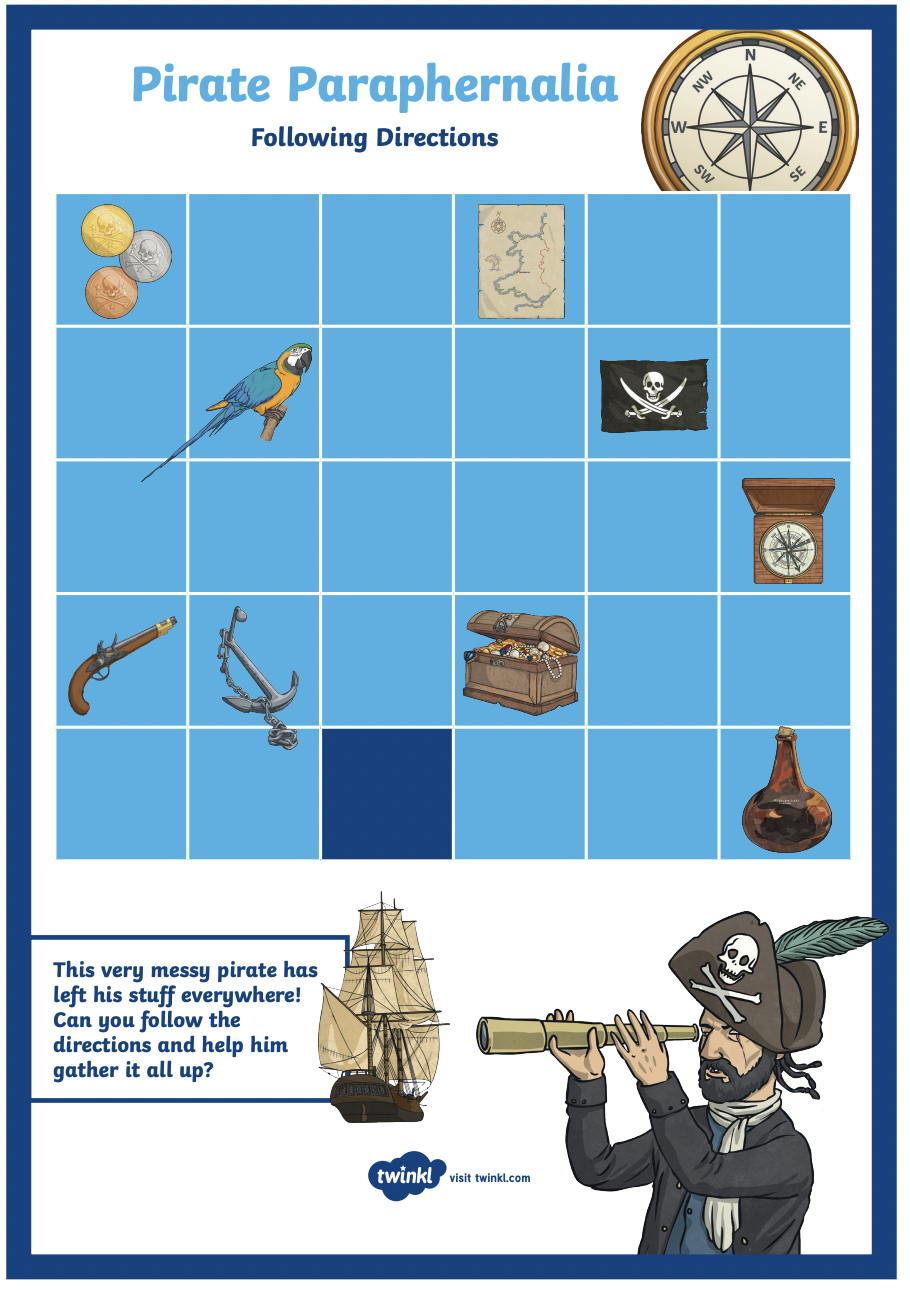
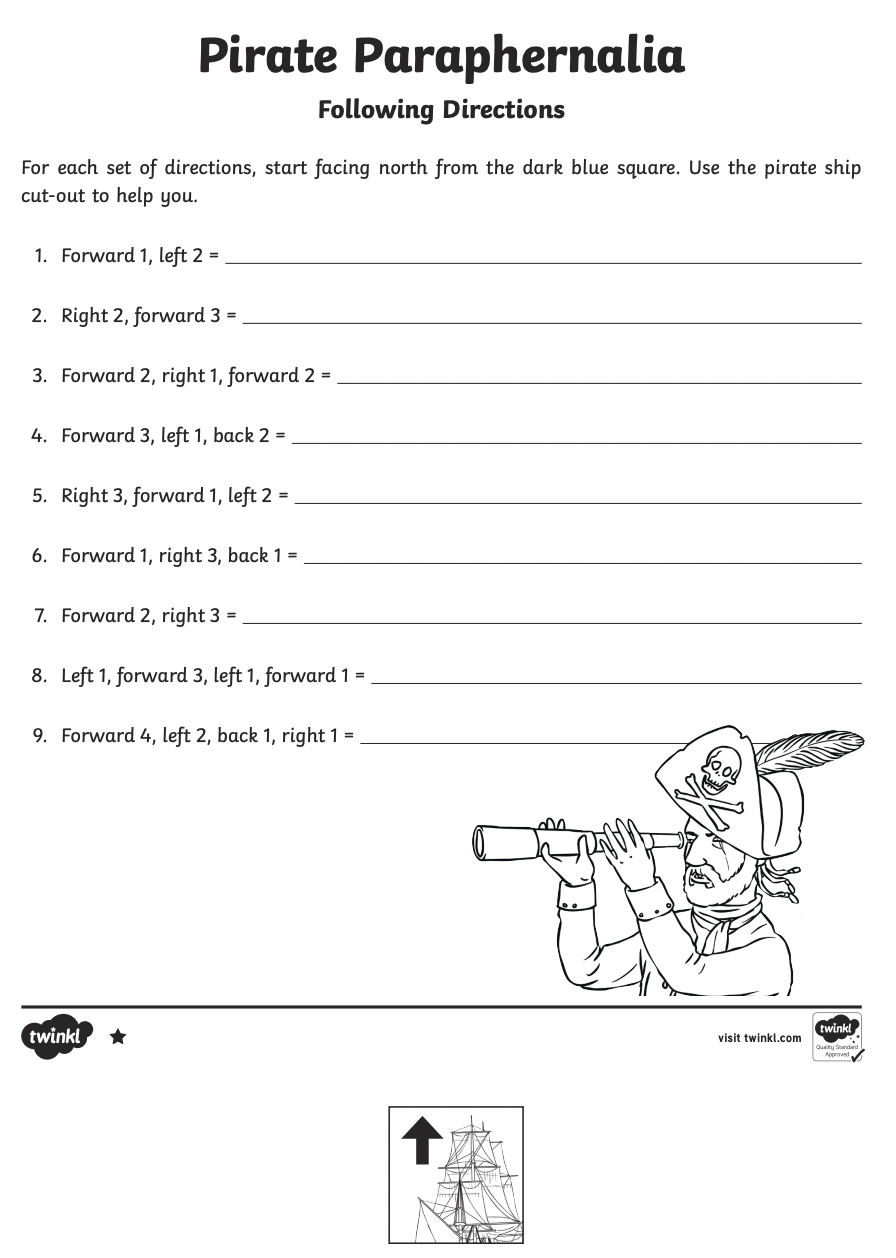
-

EXPLORE / TŪHURA learning intentions:
We are EXPLORING how people came to live on the islands in the Pacific Ocean.
We are EXPLORING by investigating why people choose to move from place to place
Success Criteria: I will be able to:
Describe the journey of early Polynesian explorers.
Compare and contrast push and pull factors that encourage migration throughout the Pacific.
Analyse the movements of Polynesian people and their ancestors.
Activities
We are going to use the resources on Education Perfect.
Please complete the tasks assigned to you.
Mapping skills
We are going to play a game this Friday.
Instructions:
-
Roll the dice to see who goes first. The student with the highest number gets to go first.
-
Pick up a task card and read aloud. The student must then give a verbal response or follow the instructions about placing an item somewhere on the map. If the correct response or action is given, the student gets to collect a counter.
-
The student with the most counters once all the task cards have been answered is the winner!
-
Remember, when solving directions make sure you look at the map on. The key will be on the right-hand side.
-
EXPLORE / TŪHURA learning intentions:
We are EXPLORING how people made their decisions to come to New Zealand
We are EXPLORING by investigating why people choose to move from place to place
Success Criteria: I will be able to:
Identify push-and-pull factors of Chinese migrants to New Zealand
Identify the challenges faced by Chinese immigrants in New Zealand
Activities
Read the attached Part 1 of a school Journal article Chinese New Zealanders
Discuss with your peers the push-and-pull factors of early Chinese migrants to New Zealand. Make a fishbone diagram to present your findings.
Complete the slideshow on Google Classroom
You have a task on Education Perfect.
Quiz just for fun! -
EXPLORE / TŪHURA learning intentions:
We are EXPLORING how people made their decisions to come to New Zealand
We are EXPLORING by investigating why people choose to move from place to place
Success Criteria: I will be able to:
Identify push-and-pull factors of Chinese migrants to New Zealand
Identify the challenges faced by Chinese immigrants in New Zealand
Activities
Watch a video on https://nzhistory.govt.nz/poll-tax-imposed-on-chinese#:~:text=Parliament%20passed%20the%20Chinese%20Immigrants,every%2010%20tons%20of%20cargo.
Read a school Journal article entitled Chinese New Zealanders.
Complete a fishbone diagram to present the push-and-pull factors of Chinese migrants to New Zealand.
Complete the slideshow on Google Classroom
Mapping skills
You have a task on Google Classroom ( scheculed to start and complete on Friday)
Quiz just for fun! -
EXPLORE / TŪHURA learning intentions:
We are EXPLORING how people made their decisions to come to New Zealand
We are EXPLORING by investigating why people choose to move from place to place
We are EXPLORING the consequences of events
We are EXPLORING organising information with a graphic organiser
Success Criteria: I will be able to:
Identify the challenges faced by immigrants in New Zealand
Identify the consequences of immigrating to New Zealand
Organise information in a PMI chart
Activities
Read a school journal article entitled “New New Zealanders”.
Make a PMI chart for the consequences of immigrating to New Zealand on your Google Classroom.
-
EXPLORE / TŪHURA learning intentions:
We are EXPLORING by investigating why people choose to move from place to place
We are EXPLORING the consequences of events
Success Criteria: I will be able to:
Identify the challenges faced by immigrants in New Zealand
Consider the effects of world events on ordinary families
Find out the impact of having to flee from a person’s home country to a foreign country
Activities
Recap the world news on the Russo-Ukrainian War.
Say It Activity: “New New Zealanders”. Work in groups and take turns to role play according to given instructions

3. Go to your Google classroom. Watch a short movie on the Cold War provided by Brainpop. Complete a Cold War quiz afterwards.4. Mapping skills. Treasure hunt task on Google Classroom.
-
EXPLORE / TŪHURA learning intentions: We are learning
To identify the causes and effects of events
To understand the events and legacy of the Battle of Gallipoli

Activities
1. Watch a video about ANZAC Day.2. Find out more information about the Battle of Gallipoli through the attached slideshow.
3. For or against? Discuss with your peers whether you are for or against the Battle of Gallipoli. Give three reasons to support your opinion.
Write them in your Global Studies book.
4. Debate. People with similar opinions form a team. Debate between teams and the most persuasive team is the winner.
-
Kia ora 7C1 students,
A warm welcome back! I hope that you had an awesome holiday break!
For the next 2 weeks we will continue with our context "Our Place." Our focus will be Our Place - with regards to our online learning at MHJC. As part of our MHJC learning journey we will focus on online safety and I will be introducing you to our MHJC ePassport.
The MHJC ePassport is a journey of activities and tasks that are designed to help you use the internet safely and competently.
https://sites.google.com/mhjc.
school.nz/mhjcepassport/home There is also a section called Cybersafety. This section has Interlander games that you can play while learning about keeping safe online.
All stages that you complete can be used as part of your evidence for your holistic report.
Follow the link below, which explains to your learning Advisor, where your completed ePassport will appear once you are done.
 ePassport MHOL Appearance after Grading https://youtu.be/4KwdbS_QIs8
ePassport MHOL Appearance after Grading https://youtu.be/4KwdbS_QIs8Key points for your Learning Advisor:
· 1️⃣ ePassport is student-driven; so it is your LA students’ responsibility to gather their evidence.
Students, this means that if you don't complete your work on your own - your Learning Advisor will not be chasing after you with numerous reminders - your report at the end of the year will show that you have not completed your ePassport. This will be discussed with your parents during your Term 3 SLC - so I suggest that you get it done befor then. :)
· 2️⃣ Once students have achieved a level of any ePassport criterion, they will show their LA for verification.
· 3️⃣ When LA (teachers) are pleased with the progress made based on the provided evidence, they can update the ePassport rubric on MHOL.
-
Kia ora 7C1

Our focus for this week is MATARIKI. Please refer to our Google Classroom for resources.
Please copy the following vocabulary into your Global Studies books.
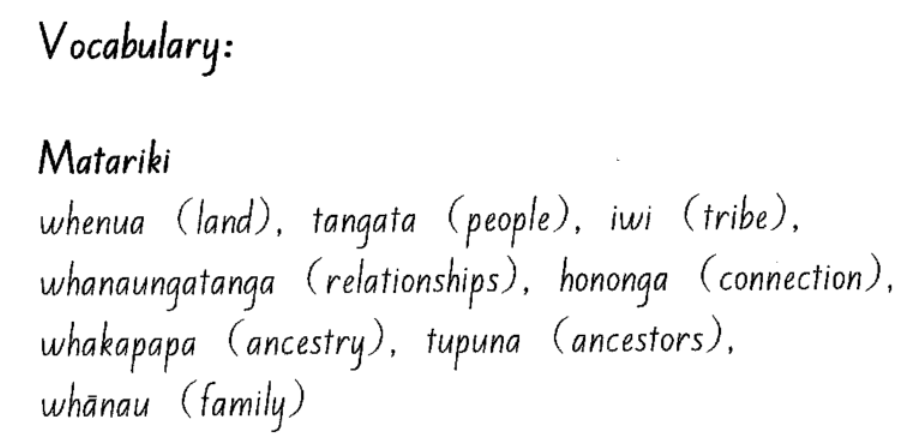
What is Matariki?
Matariki is one of the most important Māori celebrations. It signifies the start of the New Year in Māori culture.
Matariki is the name for a star cluster also known as the Pleiades, that rises in late June or early July. It literally translates in English to the 'eyes of god' or 'little eyes'.
Write down 5 facts in your book about Matariki ?
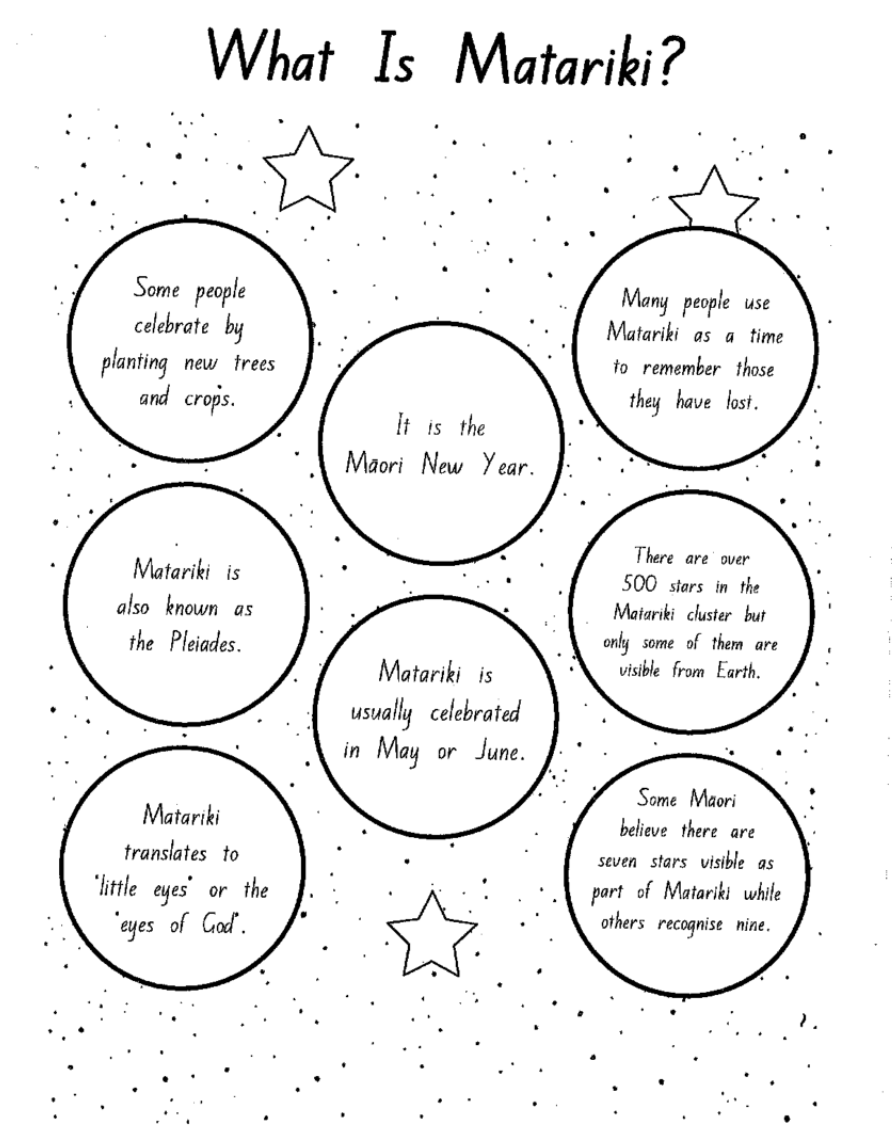
When is Matariki?
In 2022 Matariki will be celebrated on 24 June.
How is Matariki celebrated?
Traditionally, Māori believed if the Matariki stars were very bright in the sky, this signified a warmer season and more fruitful crops for harvest.
It was seen as an ideal time for ceremonial offerings to the Māori land-based gods Rongo, Uenuku and Whiro to ensure their crops were healthy for the coming year. Matariki was also seen as an important time for family to gather and reflect on the past and the future.
Today Matariki celebrates the unique place in which we live and gives respect to the land we live on. This is celebrated through education and remembering whakapapa (ancestry).
The planting of new trees and crops is done to represent new beginnings.
Celebrations traditionally last up to 3 days after the new moon has risen following the Matariki clusters visibility in the sky.
What are the Matariki stars called?
Matariki is a star cluster, not a constellation. The 9 Matariki stars are called:
- Hiwa-i-te-rangi
- Matariki
- Pohutukawa
- Tupu-a-nuku
- Tupu-a-rangi
- Ururangi
- Waipuna-a-rangi
- Waiti
- Waita
Please complete the following activity in your Global Studies book:

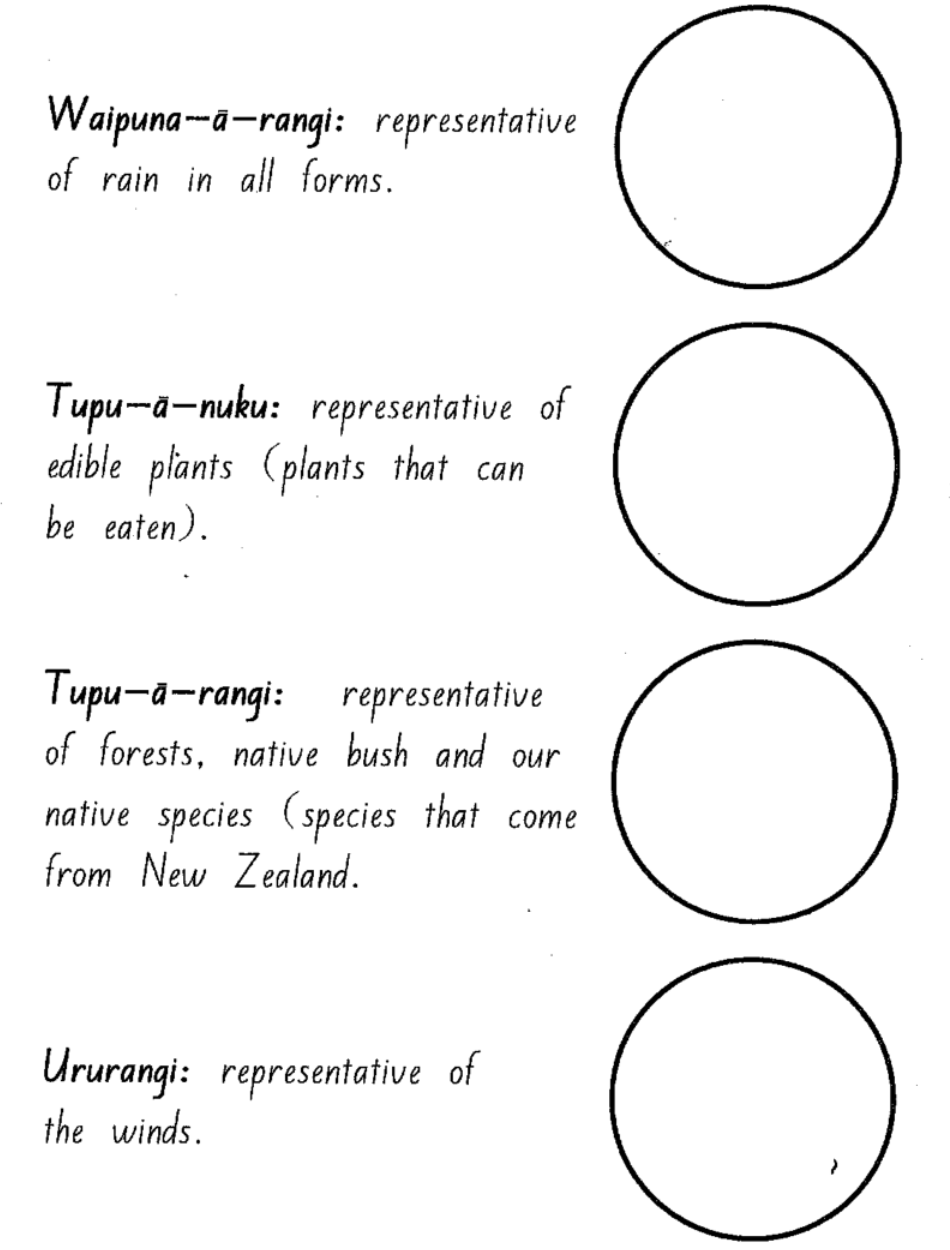
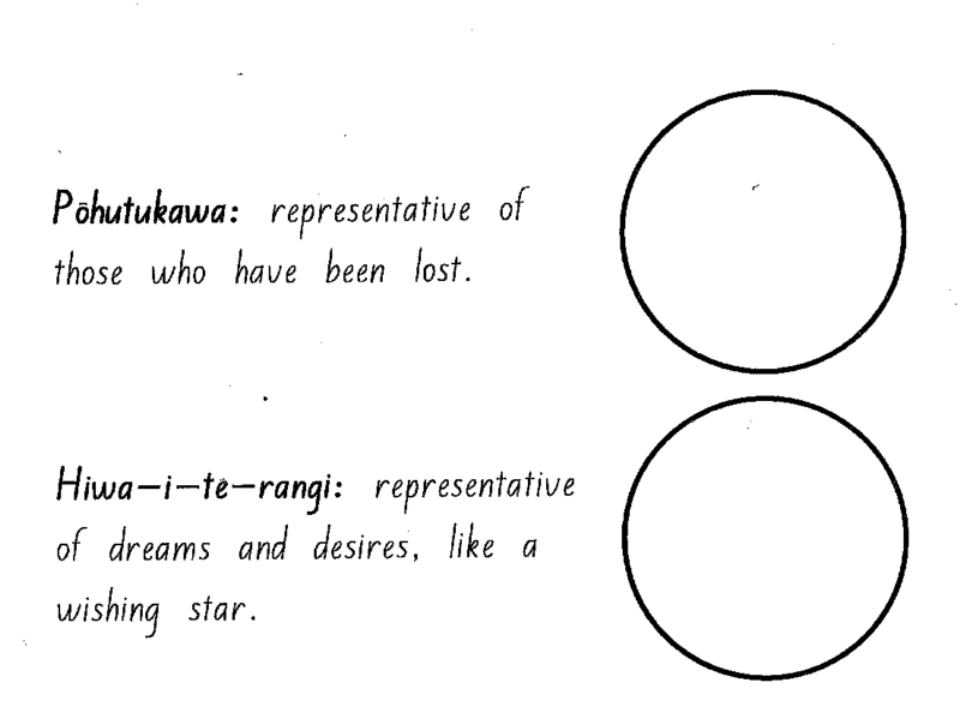 During the next 2 weeks, you will select an area of Mariki that you would like to research.As discussed in class, using your notetaking skills you will be researching and presenting your work to the class on Monday 23 May.
During the next 2 weeks, you will select an area of Mariki that you would like to research.As discussed in class, using your notetaking skills you will be researching and presenting your work to the class on Monday 23 May.- The Matariki Celebration:
- Hiwa-i-te-rangi
- Matariki:
- Pohutukawa:
- Tupu-a-nuku :
- Tupu-a-rangi :
- Ururangi :
- Waipuna-a-rangi :
- Waiti :
- Waita:
- Maori Legend: about Matariki :
A reminder that your presentations are due on Monday 23 May.
https://www.youtube.com/watch?v=R1s0YcQmb5Q&t=6s
You need to explain the importance of the star that you have selected and what it represents. Please include images. Each group must complete 3-5 slides.
Please refer to our Google Classroom for additional resources.
-
Assessment instructions
In line with our learning context in Term one, “Our Place”, you will write a letter to your pen pal in China.
In your letter, you need to
Give a brief history of our school and elaborate on its connection with Maori culture.
Share with your pen pal your family cultural background and how you and family maintain your traditions in New Zealand.
Select three significant cultural events and discuss with your pen pal how those events impact on you, your family and the wider community.
You must use correct formatting of a letter (your contact information, date, contact information of your pen pal, greeting, body of letter, closing and signature).

-
We are working on our assessment this week. Remember to submit it on MHJC by Friday, 3 June 2022
-
We continue working on our assessment this week.
-
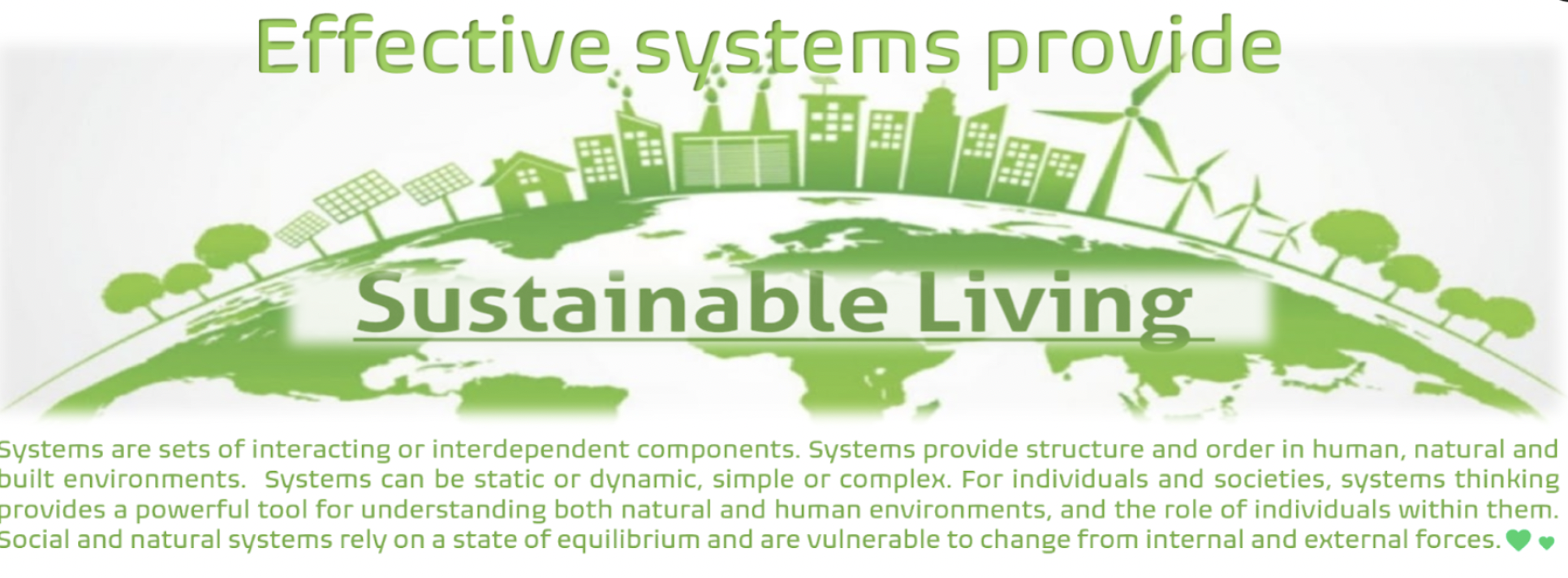
EXPLORE / TŪHURA
We are EXPLORING by investigating the United Nations Sustainable Development Goals
We are EXPLORING by questioning what is sustainability with links to global issues in New Zealand.
We are EXPLORING by investigating the impact of global warming on the ecosystem
Success Criteria: I can
explain the United Nations Sustainable Development Goals
explain to others what sustainability is
Activities
Read the attached information on sustainability and answer the questions in your Global Studies workbook.
Research and write down in your book the definition of “sustainability” in your own words.
-
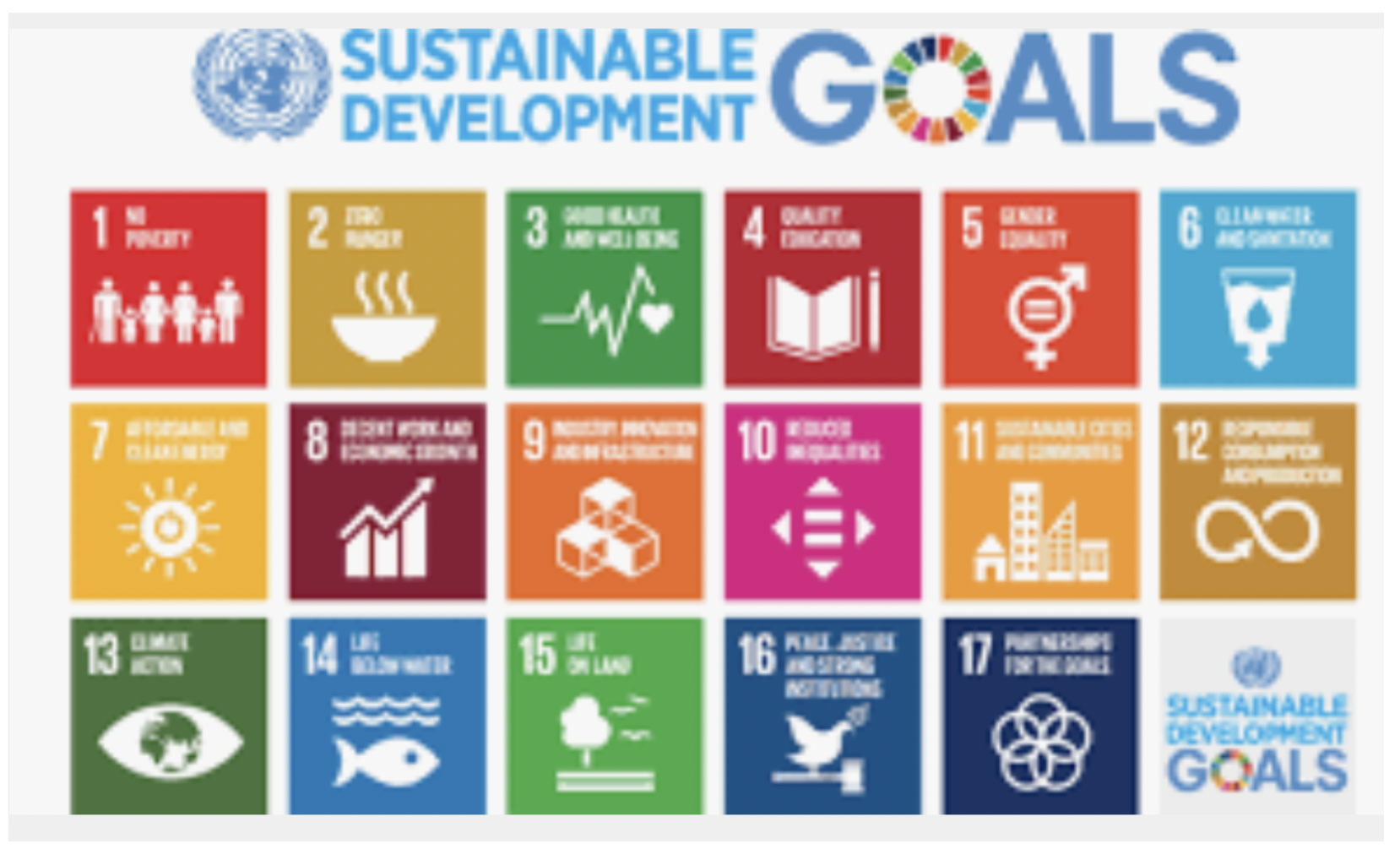
Success Criteria: I can
explain the United Nations Sustainable Development Goals
explain to others what sustainability is
Activities
Read the attached information on the 17 Global Goals.
Discuss with your peers how our learning context, “Sustainability”, relates to the Global goals.
Watch the following videos
Call To Learning for Climate Education | Global Goals
Copy the following keywords into your Global Studies book. Research the meaning of those words and write in your book.
Climate, environment, pollution, population, sanitation, hygiene, resources, agriculture, infrastructure, poverty, equality, inequality, affordable, resilient
-
Learning Intentions: We are learning to (WALT)
Explore various factors that contribute to global warming
Understand the negative impact of global warming on planet earth
Research ways to reduce pollution and combat global warming
Success Criteria: I can
Explain why there is global warming
Explain the negative impact of global warming
Describe ways to combat global warming
Activities
Watch the following video
1. Go to the following website and explore.
Young Ocean Explorers:
https://www.youngoceanexplorers.com/
2. Read the attached Powerpoint presentation “Global Warming”.
3. Discuss with your peers using the discussion cards
4. Climate change activities (Word search & Cloze activity)
5.. Blooket games on global warming and knowledge about the ocean
-
Learning Intentions: We are learning to (WALT)...
Explore the evolution of fishing industry in New Zealand
Investigate the challenges for fishing industry in New Zealand
Examine ways to conserve and protect our sea-life that are exploited
Success Criteria: I can
Understand that the fishing industry is a very important for economic growth
Describe ways to protect and conserve Marine life
Explain the positive and negative impacts of the fishing industry both in NZ and globally
Activities
Watch the following video clip about Sir David Attenborough's documentary: A Life on Our Planet
Tuesday: Tree planting. We will take action to reduce global warming by planting more natice trees in our school ground
Wednesday. Cross country.
Friday. Last Global lesson of the week.
Read the attached Powerpoint presentation and then we play a Blooket game to test our understanding.
-
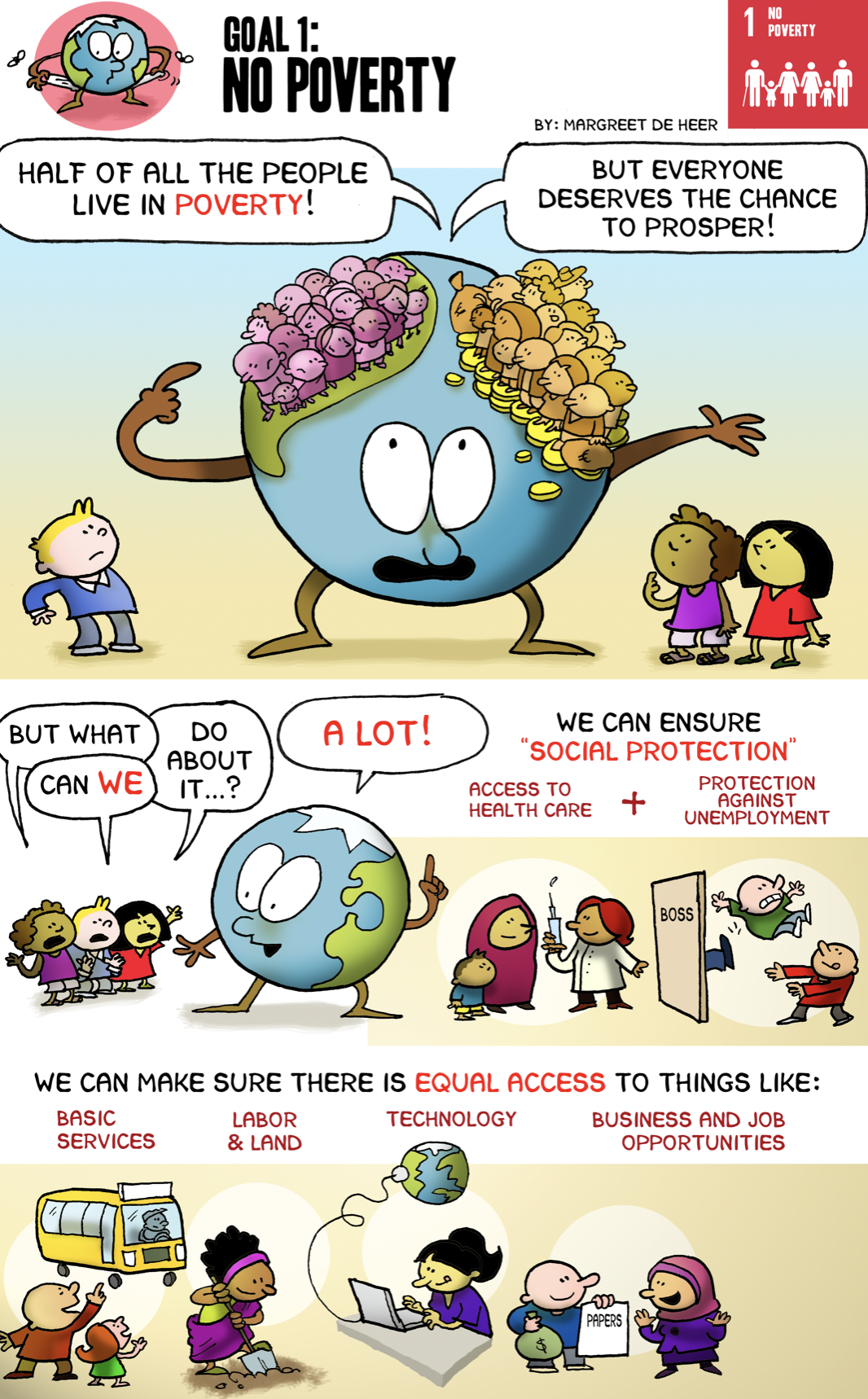
EXPLORE / TŪHURA learning intentions:
We are EXPLORING ... by investigating the causes behind poverty and lack of food
We are EXPLORING … by developing understanding of vocabulary associated with UN goals.
We are EXPLORING … by researching ways to achieve Goal 1 and Goal 2 - No Poverty and Zero Hunger
Activities
Watch the attached videos on “The World’s Largest Lesson”.
Part 1
Part 2
Smarties distribution.
The teacher distributes smarties unevenly among students.
Students discuss whether it is fair, and what is a fairer way of distribution
Divide students into two groups ( boys/girls; children/adults; people have jobs/no jobs; rich people/poor people). Discuss if distributing evenly is fair or not, why and why not. If not, what is a better way of distribution?
True or False activity. Conduct research and figure out whether the statements are true or false.
Make a list of 10 words which relate to UN Goal 1 - No Poverty. Explain their meaning in your own words.
-

EXPLORE / TŪHURA learning intentions:
We are focusing on
Understanding the meaning of poverty
Analysing the causes of poverty
Success Criteria: I can
Use examples to describe what poverty is
Identify factors which cause poverty
Activities
1.Write the definition of poverty in your own words.
2. Use a graphic organiser (concept map) to illustrate what poverty looks like in New Zealand. Use examples from the following reading to support your ideas.
3. Read the attached article from NZ Herald
4. Statistics on Child Poverty from STATS NZ
https://www.stats.govt.nz/information-releases/child-poverty-statistics-year-ended-june-2021#tenure
5. Group activity. Work in groups- read the newspaper article provided, sort out all the information in the article, then categorise the information.
6. Use a graphic organiser ( fishbone chart) to analyse the causes of poverty
-
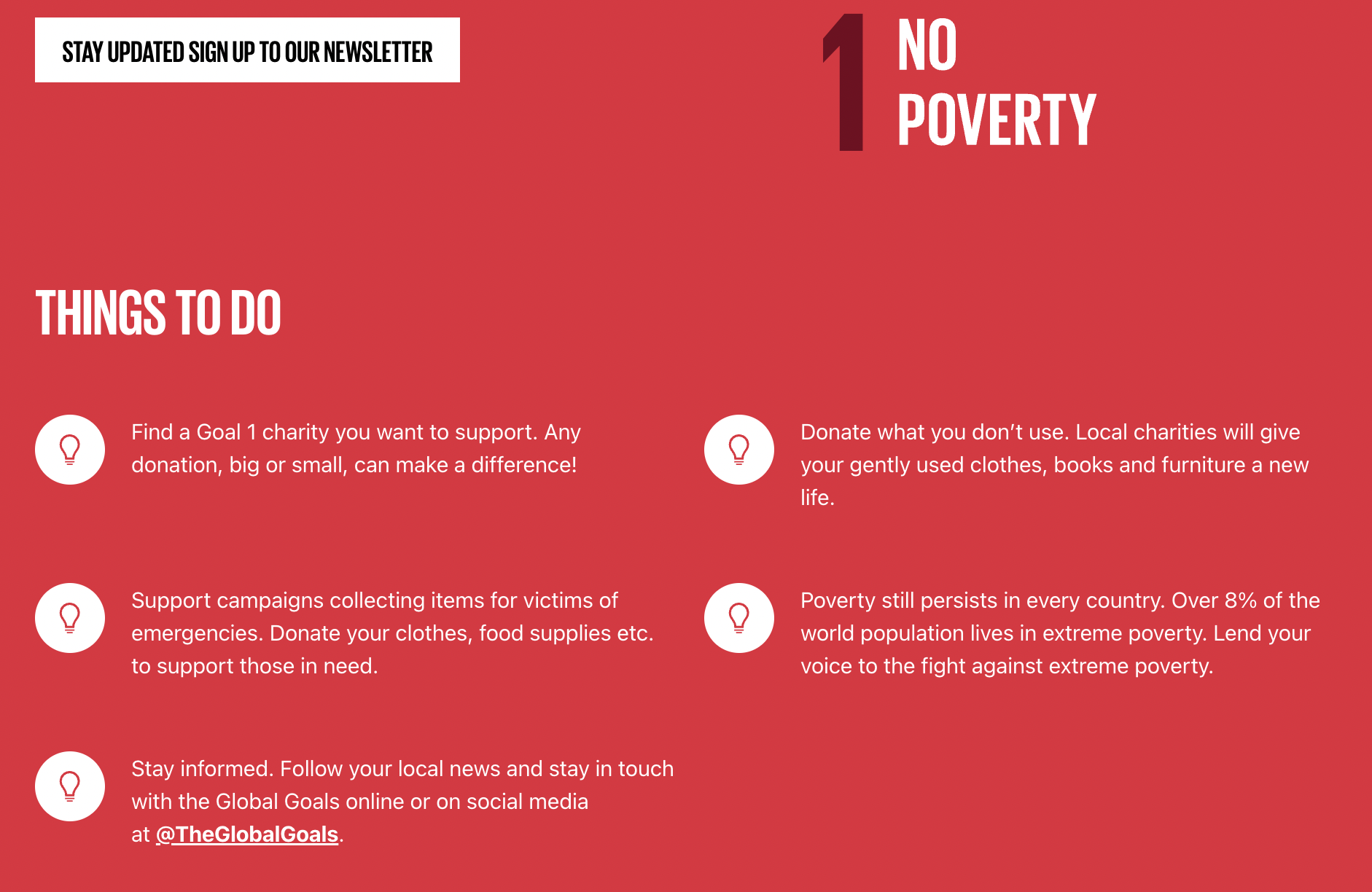
EXPLORE / TŪHURA learning intentions:
We are focusing on
Understanding the meaning of poverty
Analysing the causes of poverty
Developing research skills
Success Criteria: I can
Use examples to describe what poverty is
Identify factors which cause poverty
Describe how we can categorise information.
Activities
Complete your task on Google Classroom ( concept map)
Continue with the group task : sorting out information and categorising information
Task on EP - Categorising Information
-
EXPLORE / TŪHURA learning intentions:
We are focusing on
Understanding the meaning of poverty
Analysing the causes of poverty
Developing research skills
Success Criteria: I can
Use examples to describe what poverty is
Identify factors which cause poverty
Describe how we can categorise information.
1. Watch the attached two videos.2. Use a graphic organiser to analyse the causes of poverty. Complete the task on your Google classroom.
3. Play a Blooket game to strengthen your understanding of poverty.
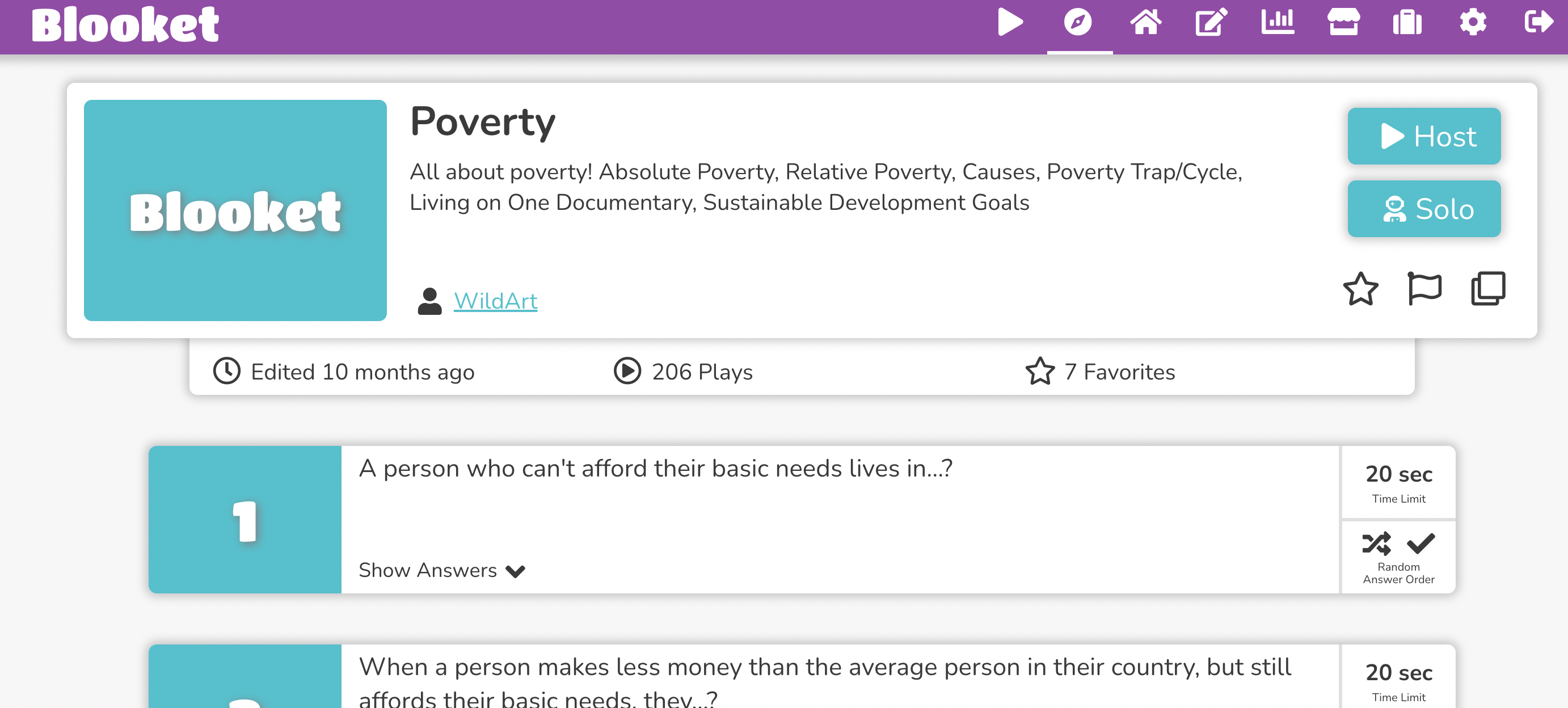
-
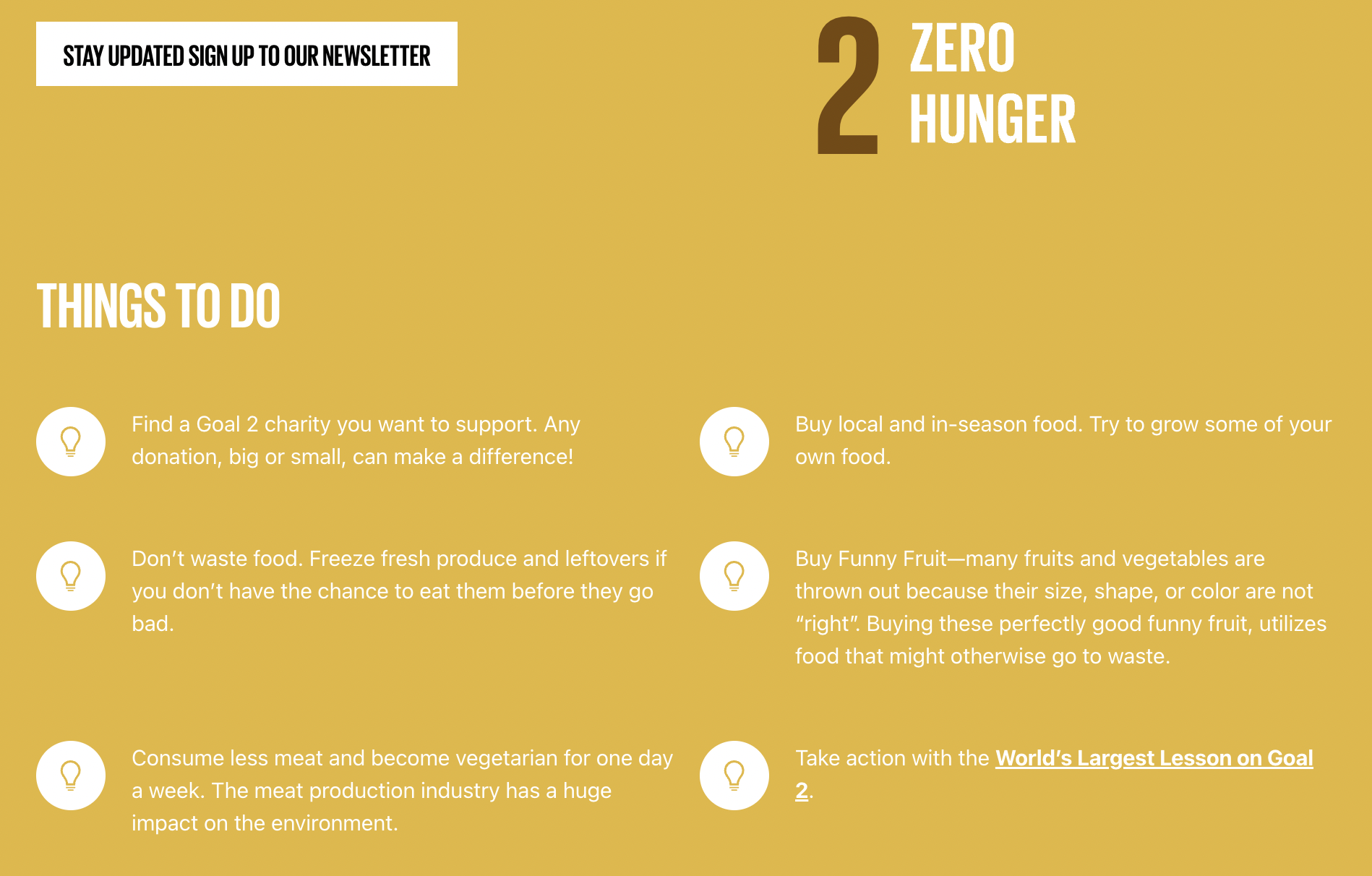
Kia ora 7C1,
This week, we will continue using our graphic organiser to work on our SDG :
The Zero Hunger Challenge was launched by United Nations Secretary-General Ban Ki-moon in 2012. The Zero Hunger vision reflects five elements from within the SDGs, which taken together, can end hunger, eliminate all forms of malnutrition, and build inclusive and sustainable food systems.
Learning Intentions: I am learning to...
- Find the definition for vocabulary related to the UN SDG - Zero Hunger
- Gain a deeper understanding of the UN SDG - Zero Hunger-and its impacts in the real world
Success Criteria: I am/can/have...
- Find the definition for vocabulary related to the UN SDG - Zero Hunger
- Gain a deeper understanding of the UN SDG - Zero Hunger -and its impacts in the real world
EXPLORE / TŪHURA learning intentions:
- We are EXPLORING... by investigating the United Nations Sustainable Development Goals Zero Hunger
- We are EXPLORING and developing a list of vocabulary and definitions, based on the Zero Hunger goals
- We are EXPLORING...by researching examples of hunger related to the Zero Hunger goal.
Activities
1. Group activity. Brainstorm possible actions to achieve Zero Hunger.
2. "Zero Hunger" presentation on Google Classroom
3. Blooket Games. -

FOCUS / ARONGA learning intentions:
We are FOCUSING on addressing a local community issue in order to achieve No Poverty and Zero Hunger
Activities
Tasks on Google Classroom.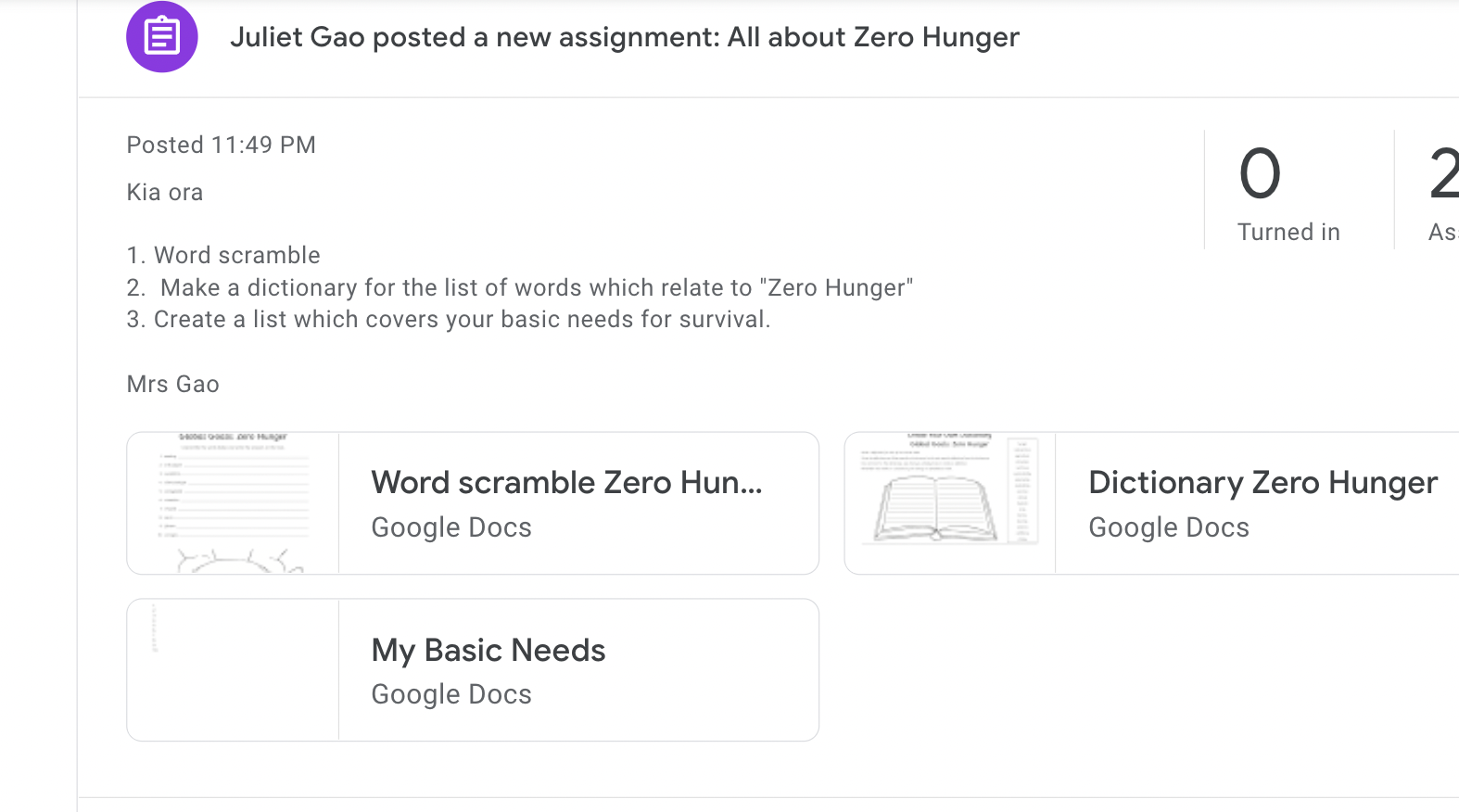
-
PLAN & DO / WHAKAMAHI learning intentions:
- We are PLANNING a social action so that we can address a community need based on personal interests.
- Identify prior learning and subject-specific knowledge relevant to the project
- Demonstrate research skills
Activities
Work on your FFR project.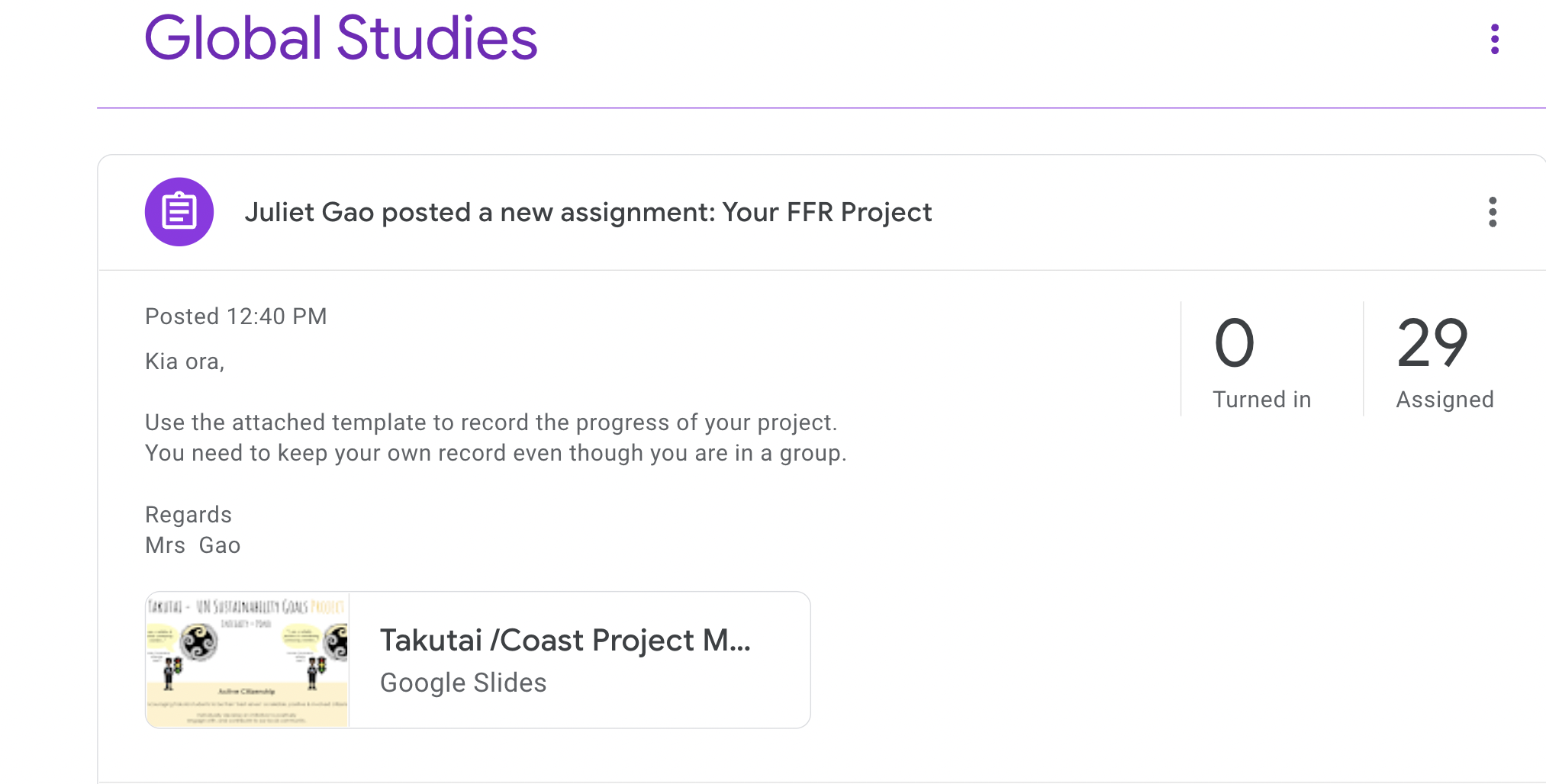
-
PLAN & DO / WHAKAMAHI learning intentions:
- We are PLANNING a social action so that we can address a community need based on personal interests.
- Identify prior learning and subject-specific knowledge relevant to the project
- Demonstrate research skills
Activities
Work on your FFR project. Complete your logbook for Week 1 and Week 2.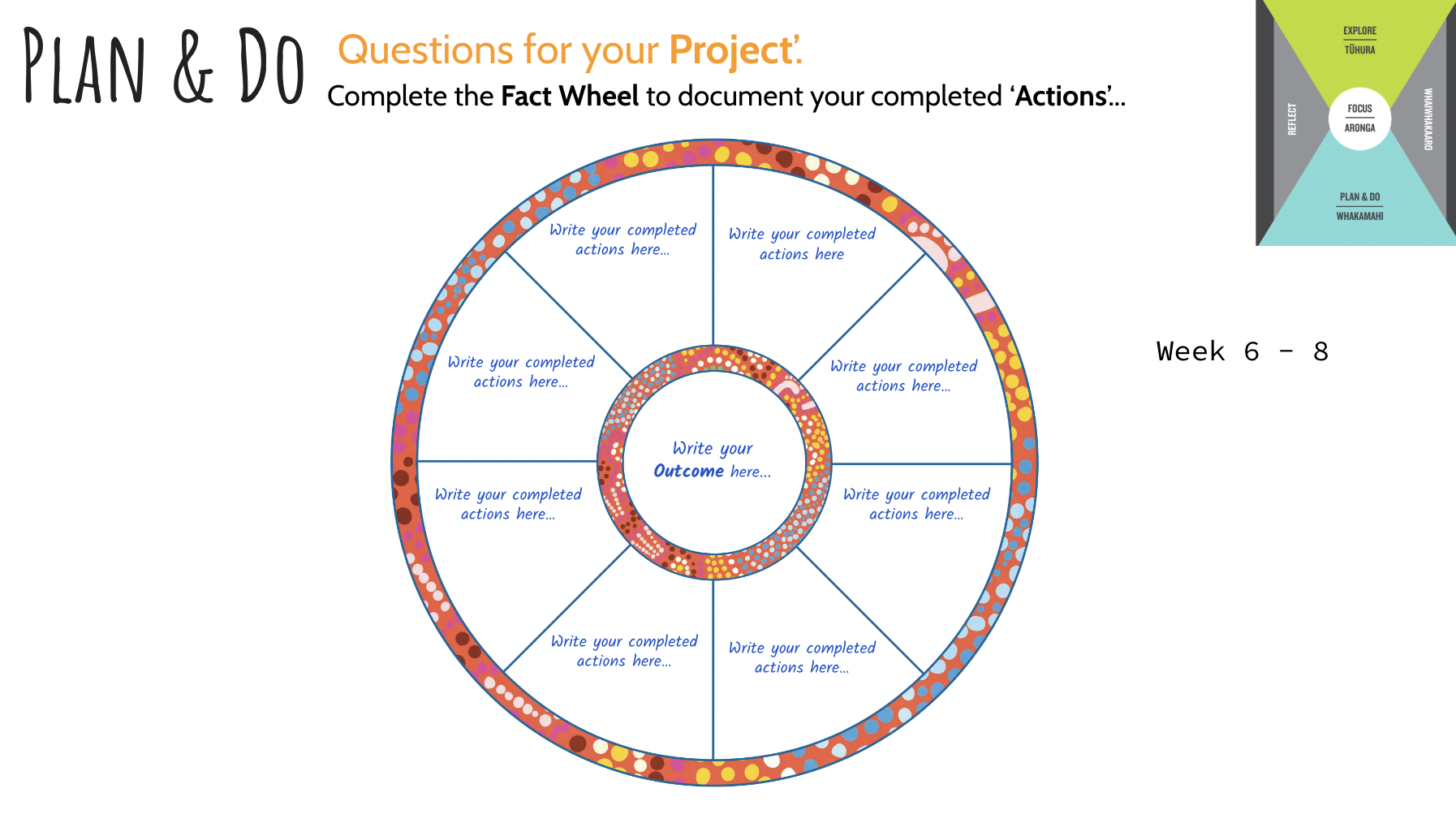

-
PLAN & DO / WHAKAMAHI learning intentions:- We are PLANNING a social action so that we can address a community need based on personal interests.
- Identify prior learning and subject-specific knowledge relevant to the project
- Demonstrate research skills
Work on your FFR project. Complete your logbook for Weeks 1-3.
Remember to complete your research question if you haven't yet done so.
-
PLAN & DO / WHAKAMAHI learning intentions:- We are PLANNING a social action so that we can address a community need based on personal interests.
- Identify prior learning and subject-specific knowledge relevant to the project
- Demonstrate research skills
Tuesday: We are celebrating Chinese Language Week by setting up lunch time activities for the whole school.
Wednesday: Attitude Presentation. We are learning how to be positive with technology.
Thursday: Connecting with our sister school through an virtual joint lesson with Mrs Dada, Mrs Gao and sister school students and staff.
Friday: Combined assessment task.
-
Learning Context
As part of our context, Relationships have Consequences that allow Societies to Thrive/Succeed, you have been learning about some critical issues affecting lives in New Zealand and parts of the world. In particular, we have focused on the United Nations Sustainable Development Goals (Zero Hunger and No Poverty). In Global Studies, we have been exploring and researching the issues of hunger and poverty, and how we can make a positive impact to improve lives. In English, we have been learning about communicating effectively through verbal and visual language, mainly focusing on the power of static images.
Assessment Task
Collaborating in a group of up to three members, you are required to apply your knowledge and skills of research and static image to make a visual presentation to campaign for the social action you intend to take for your UN SDG project.
Your visual presentation is individual, and needs to reflect an understanding of / include the following:
1.Key words to tell your audience what you are campaigning about.
2. Issue/s you are trying to address. What is the problem? Why is it a problem? What needs to be changed?
3. Solution. What action should you take? Why would things be better after the proposed action?
4. Static image features which support your main idea/ social action.
5. Your presentation can be either digital or on an A3/4 size paper, be a poster or a pamphlet.
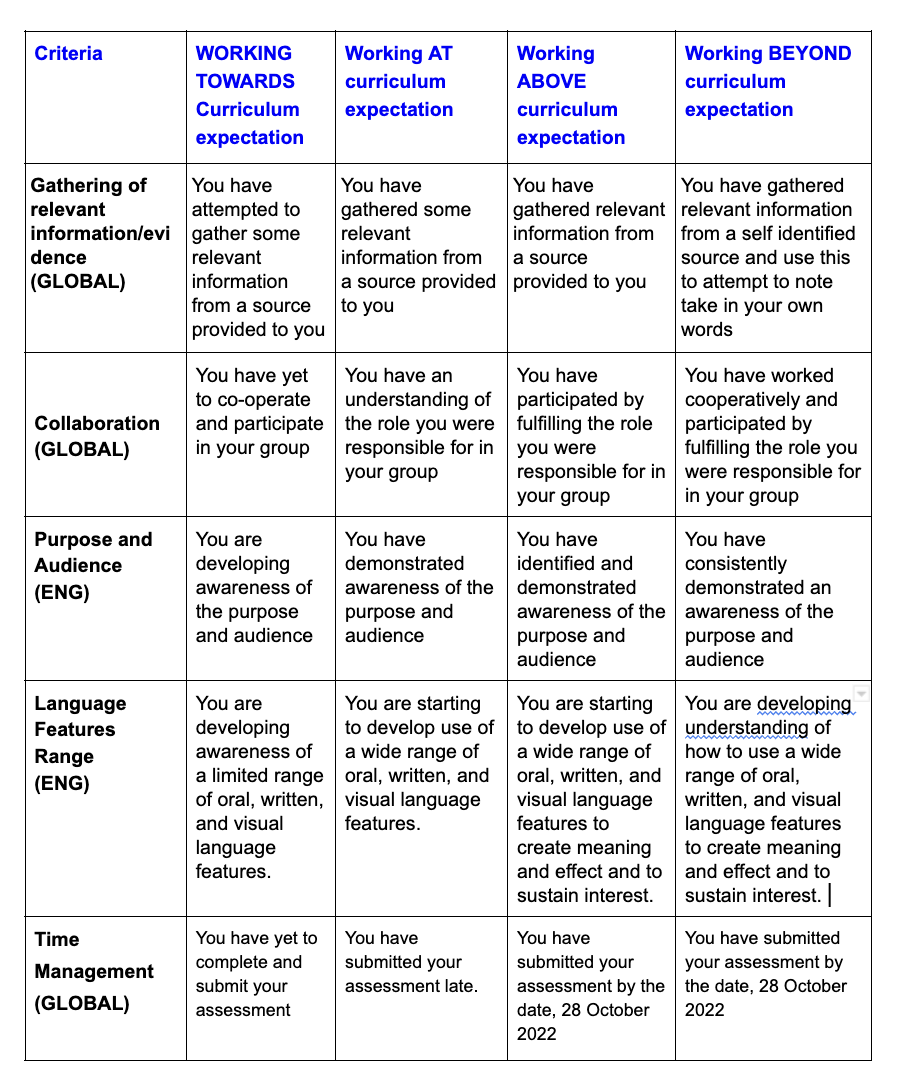
-
We are working on our combined Eng/Glo assessment this week. Please refer to the criteria to self assess.
Remember your individual poster has a different focus comparing with your group poster. It has to cover the following key points1. Use facts to demonstrate that poverty/hunger is an issue2. The action you are taking will be effectiveYour assignment has been extended to Tuesday, 1 Nov 2022. Please submit it on MHJC by the due date. -
PLAN & DO / WHAKAMAHI learning intentions:- We are PLANNING a social action so that we can address a community need based on personal interests.
- Identify prior learning and subject-specific knowledge relevant to the project
- Demonstrate research skills
1. Remember to submit your assessment by Tuesday, 1 November 2022.
2. EP task. "Food Waste and Inequality"
-
PLAN & DO / WHAKAMAHI learning intentions:- We are PLANNING a social action so that we can address a community need based on personal interests.
- Identify prior learning and subject-specific knowledge relevant to the project
- Demonstrate research skills
1. Collect donated items from Water Whanau daily
2. Update your FFR logbook for this week.
3. EP task. "Chronology, Terms and Concepts"
-
PLAN & DO / WHAKAMAHI learning intentions:- We are PLANNING a social action so that we can address a community need based on personal interests.
- Identify prior learning and subject-specific knowledge relevant to the project
- Demonstrate research skills
1. Collect donated items from Water Whanau daily
2. Update your FFR logbook for this week.
3. Foodbank Q & A .
4. EP task. More on "Chronology, Terms and Concepts".
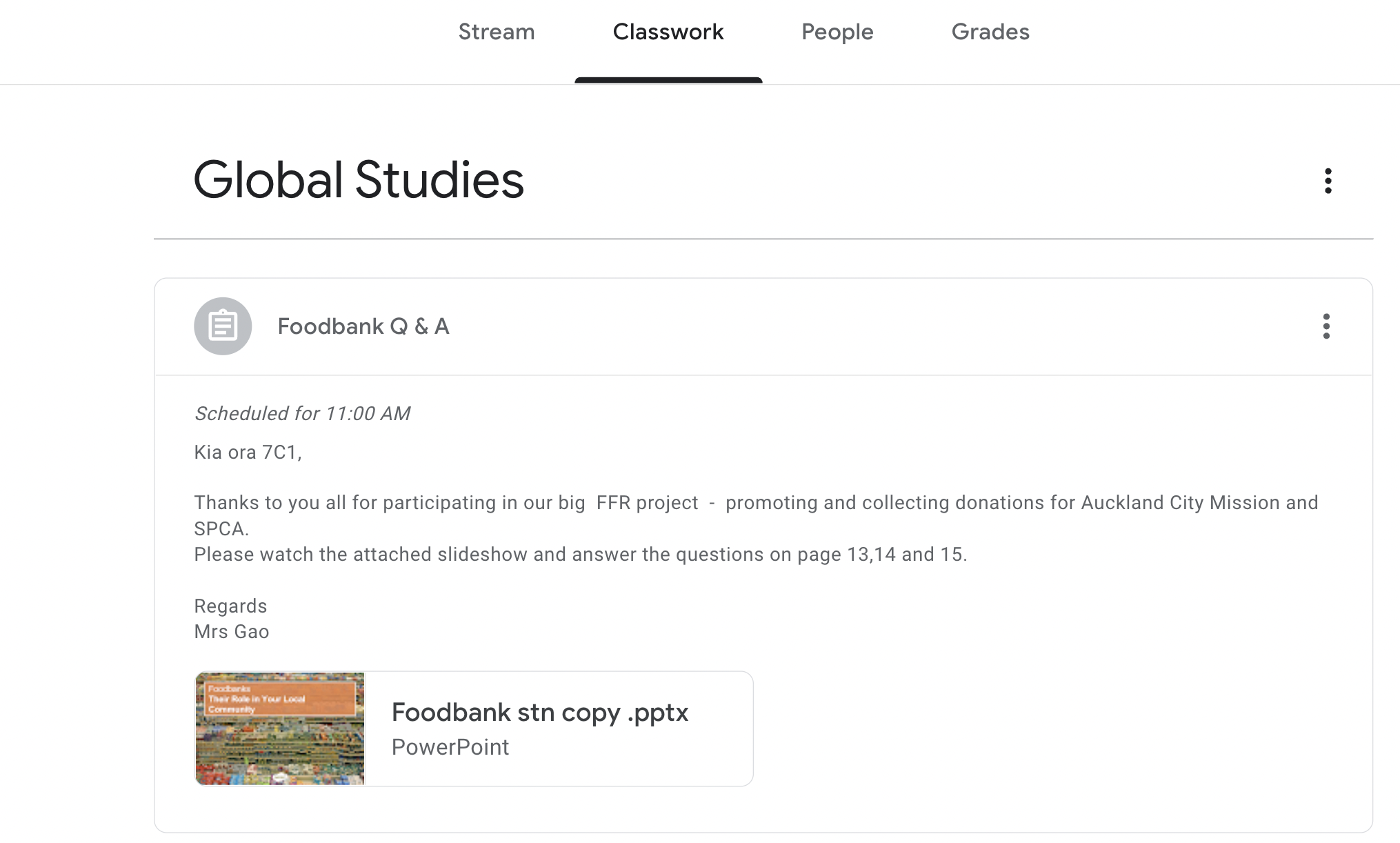
-
We only have one session this week ( due to a school trip on Tuesday and Teachers' Only Day on Friday).
Update your weekly logbook for your FFR project.
-
EXPLORE / TŪHURA learning intentions:
We are developing social sciences skills.
Success Criteria : I can
- Describe different historical sources of evidence.
- Identify places where sources may be found.
- Construct a list of sources for a historical inquiry.
Tasks on EP.